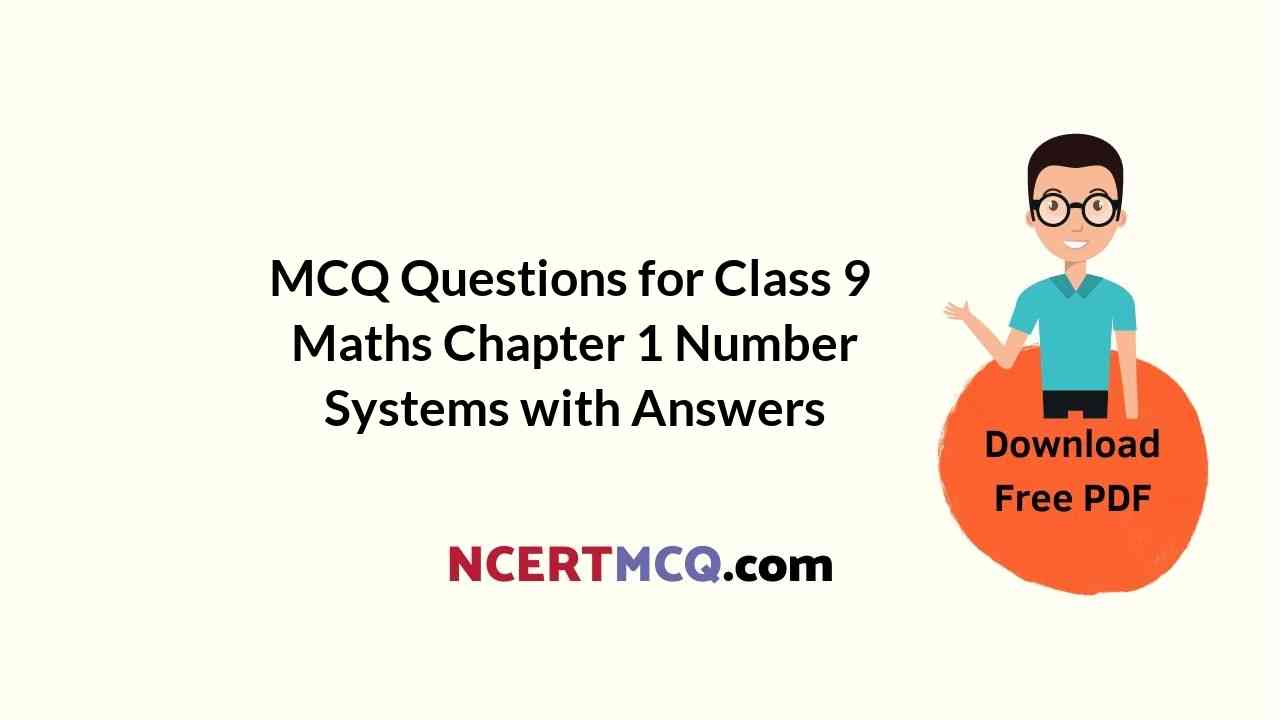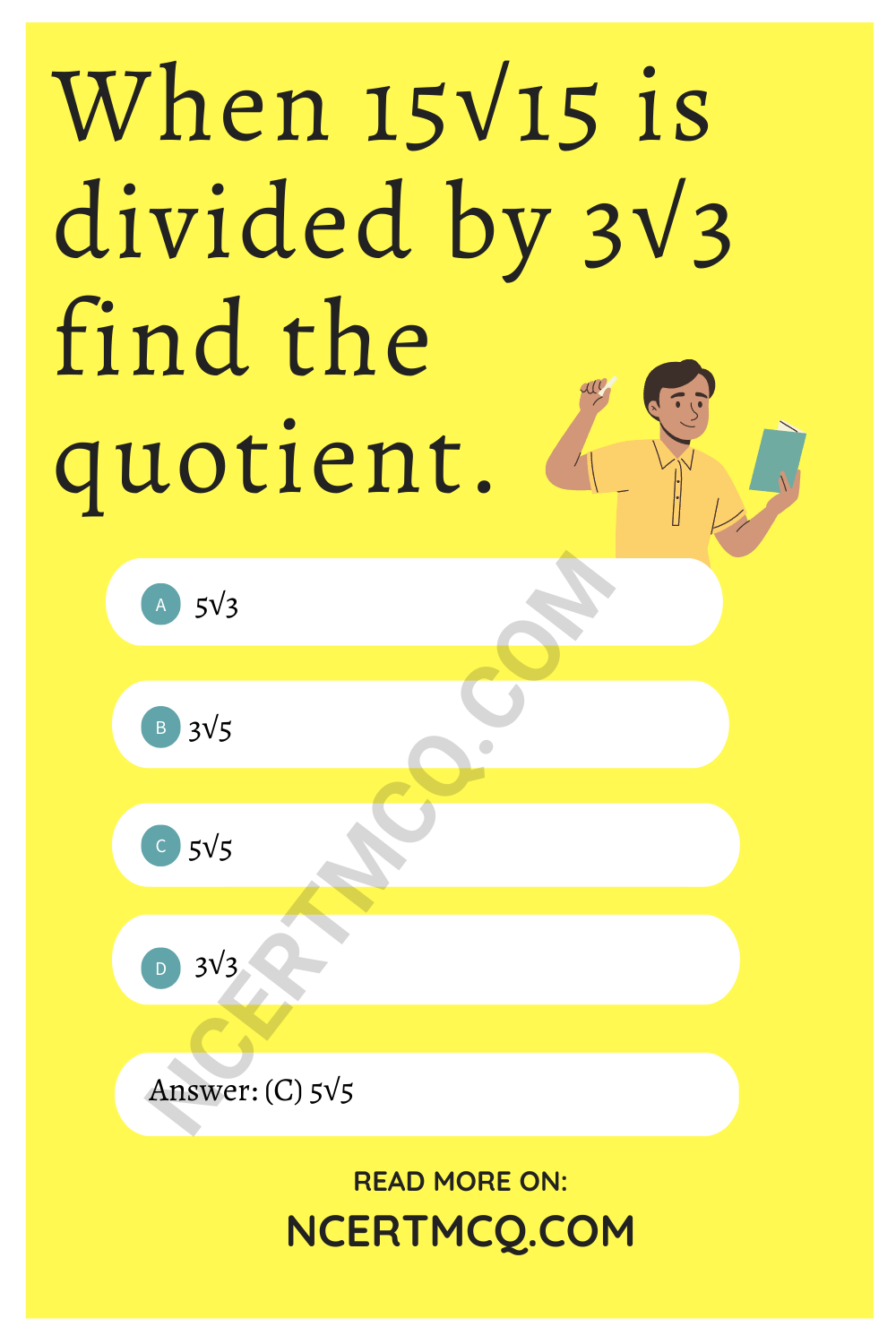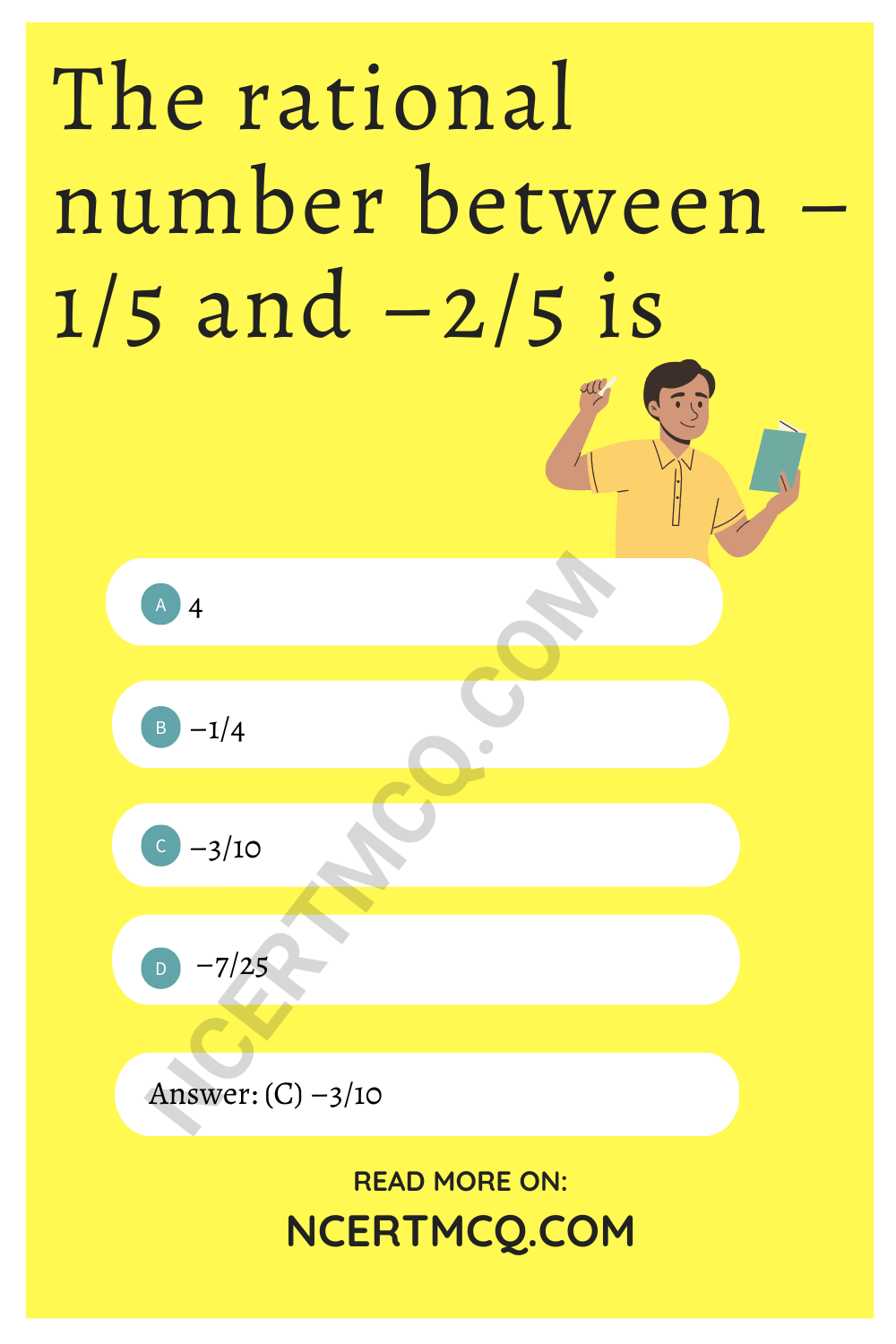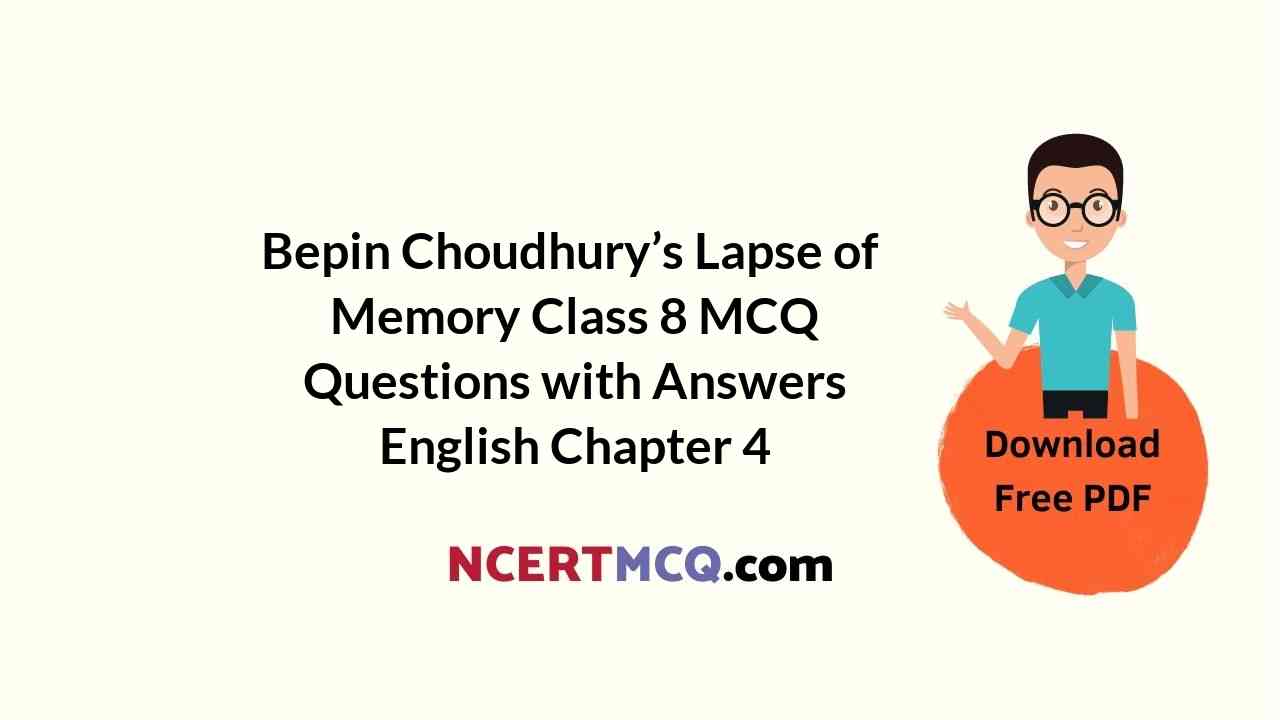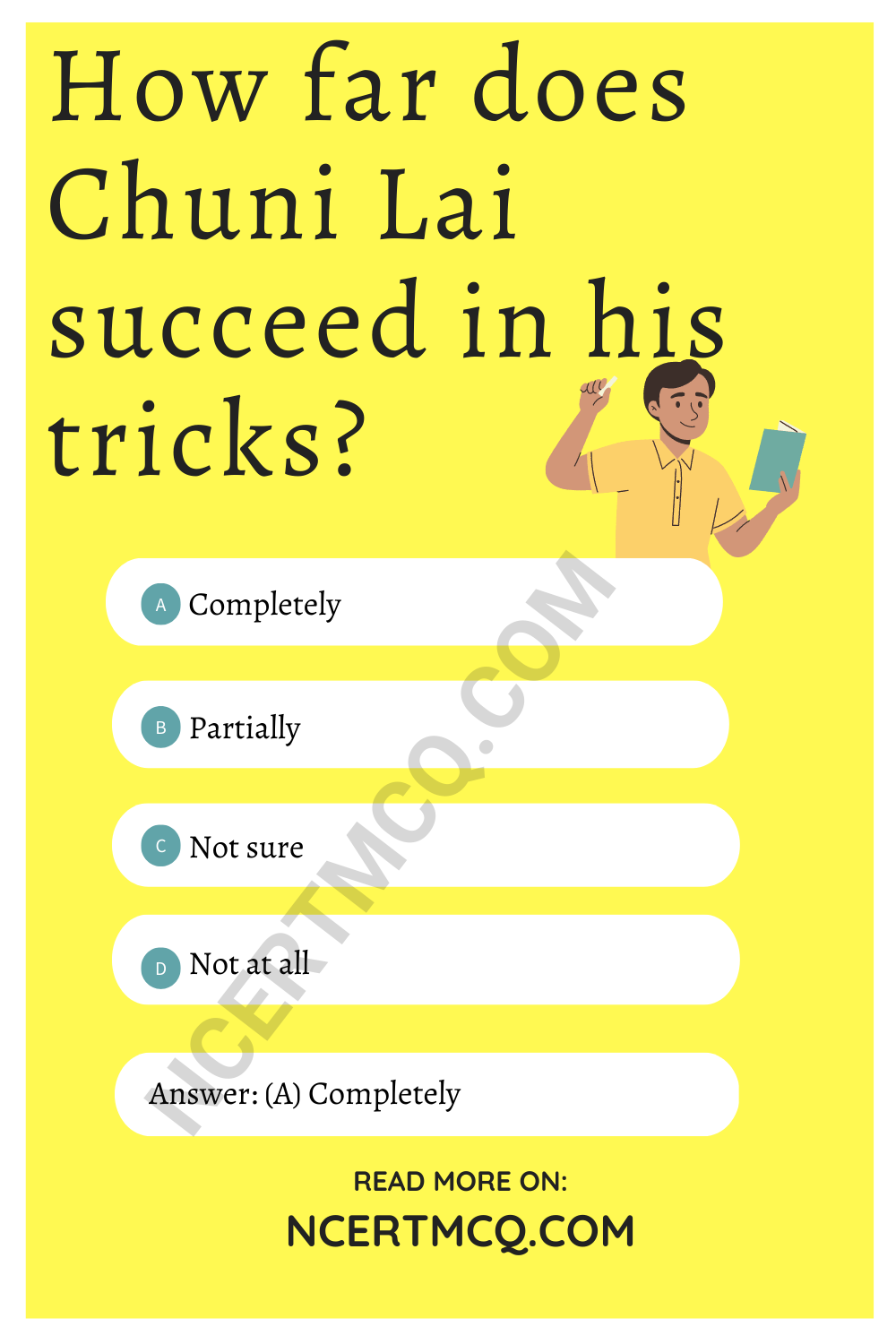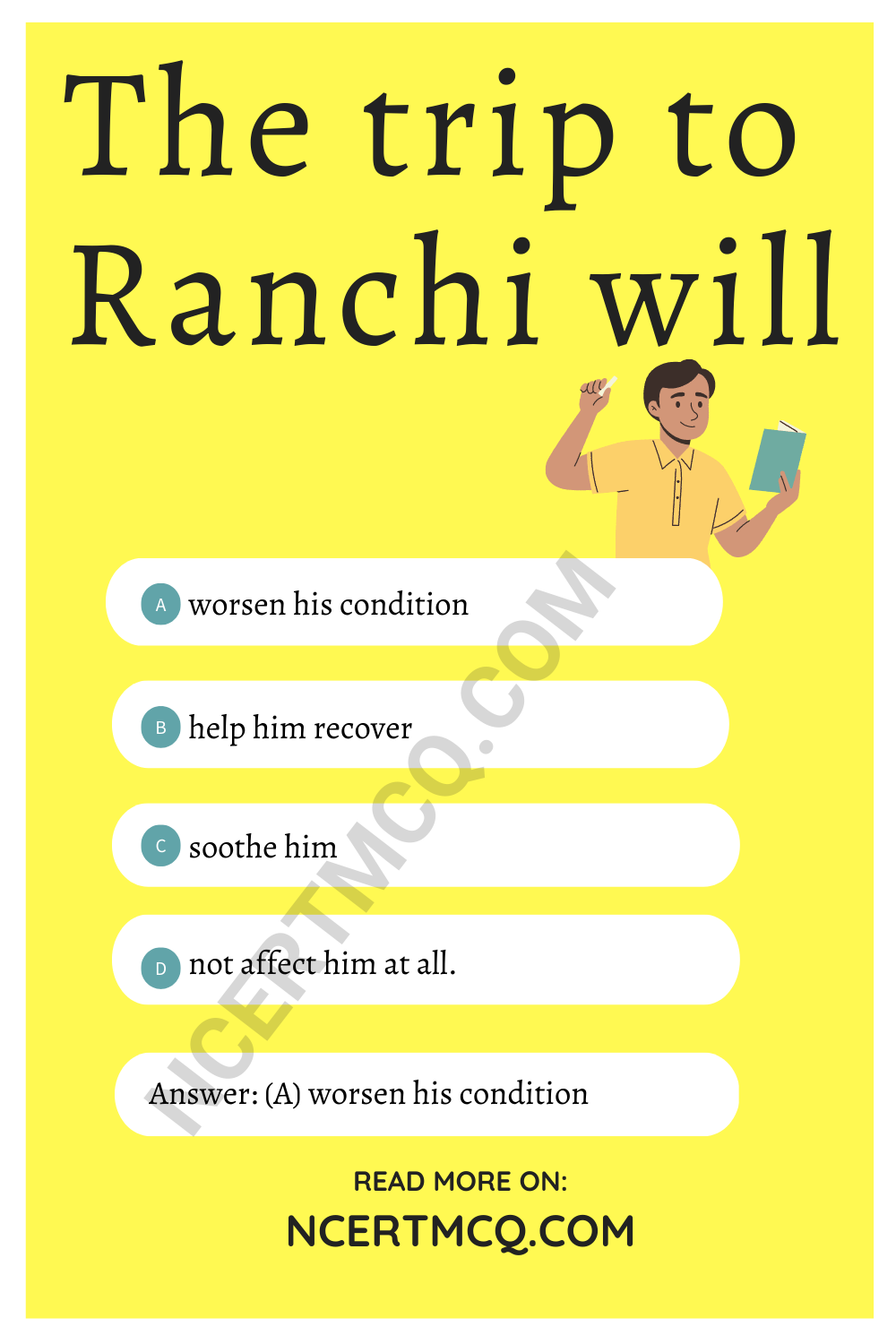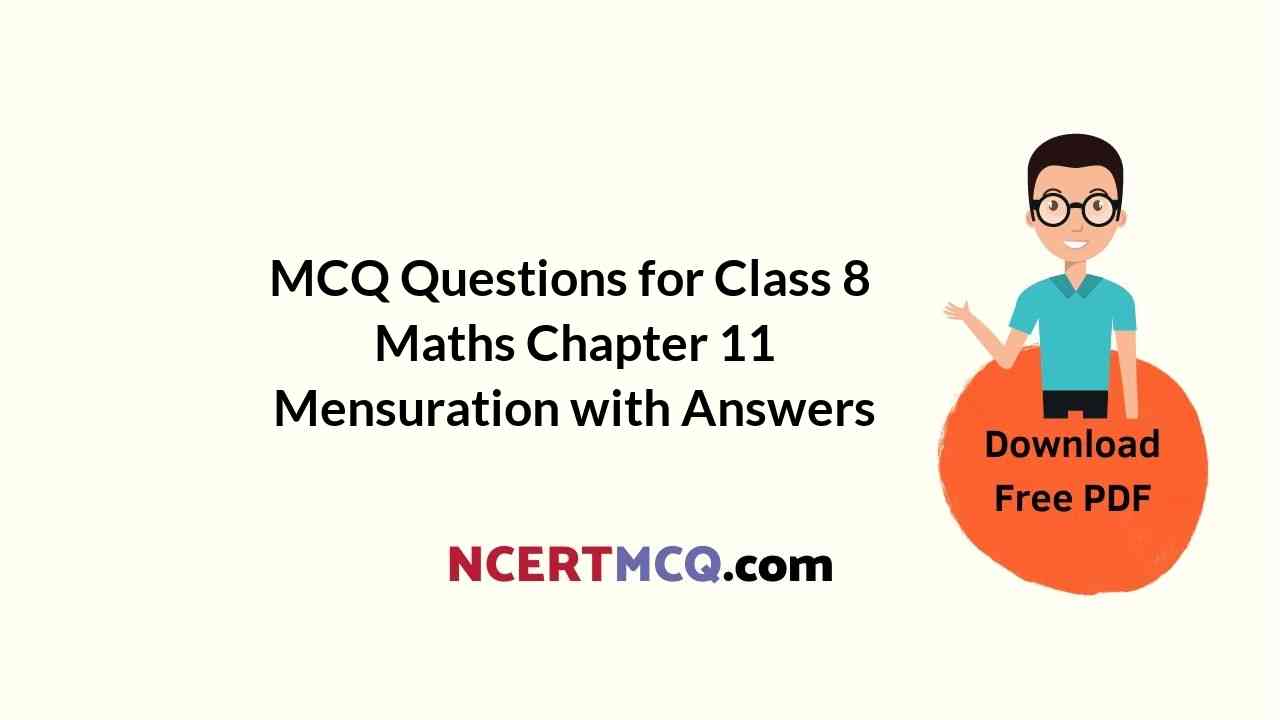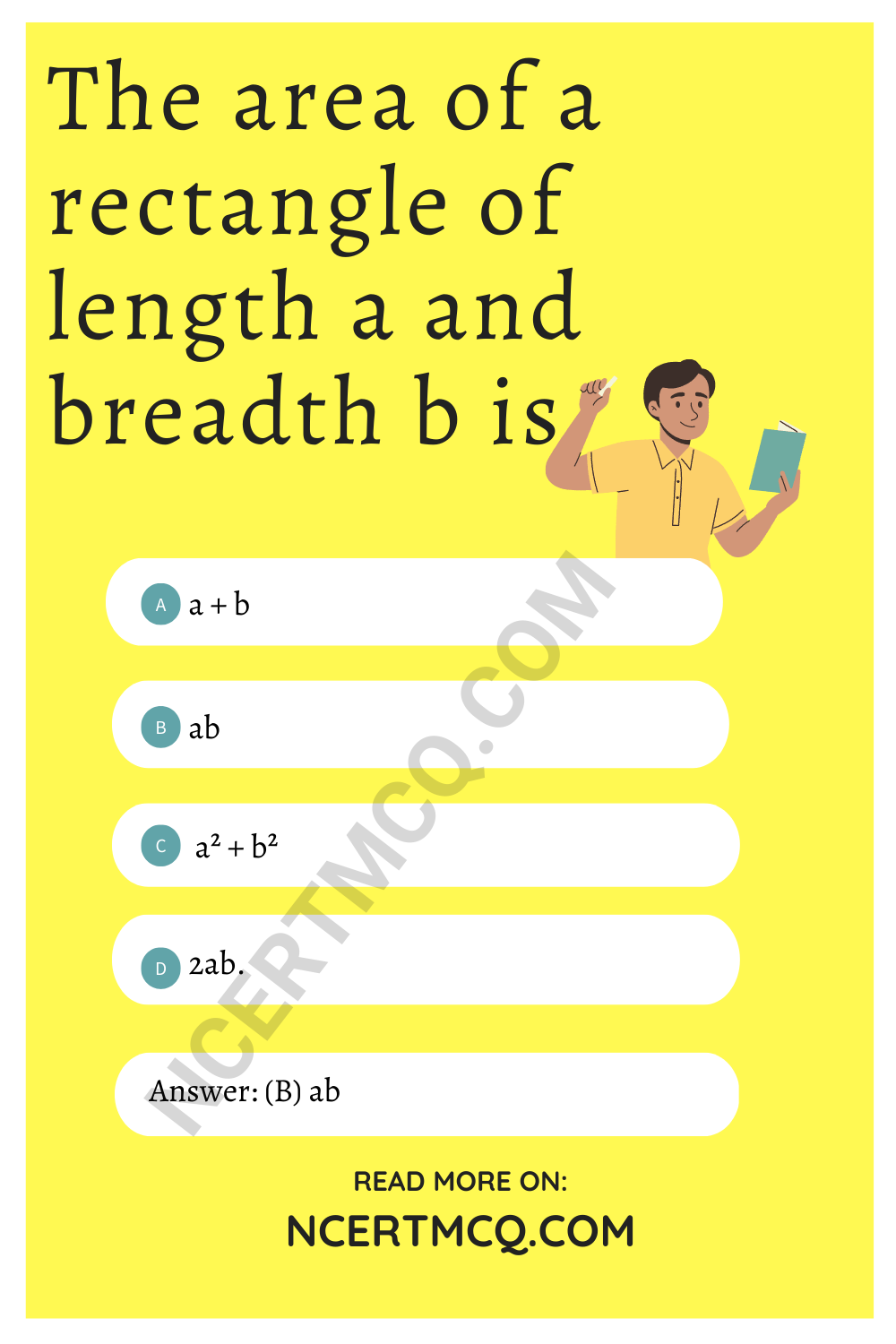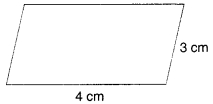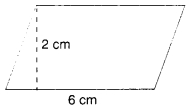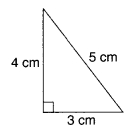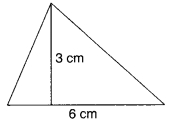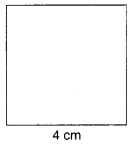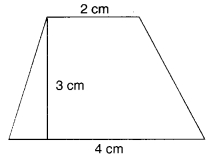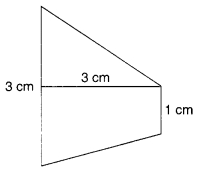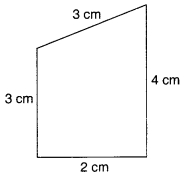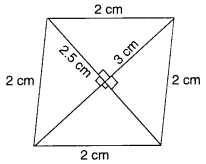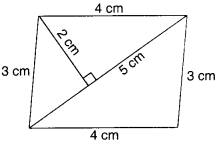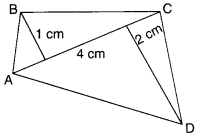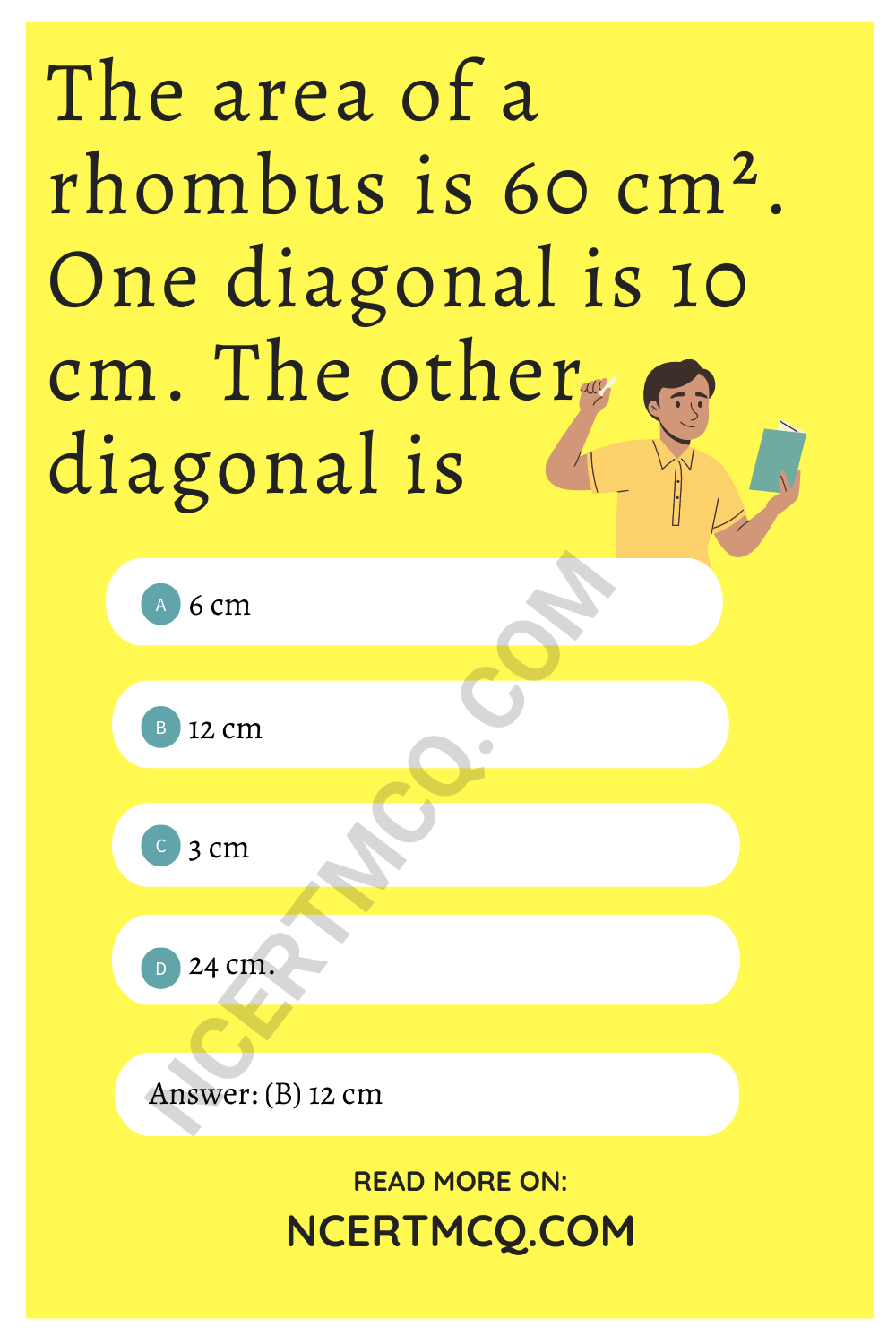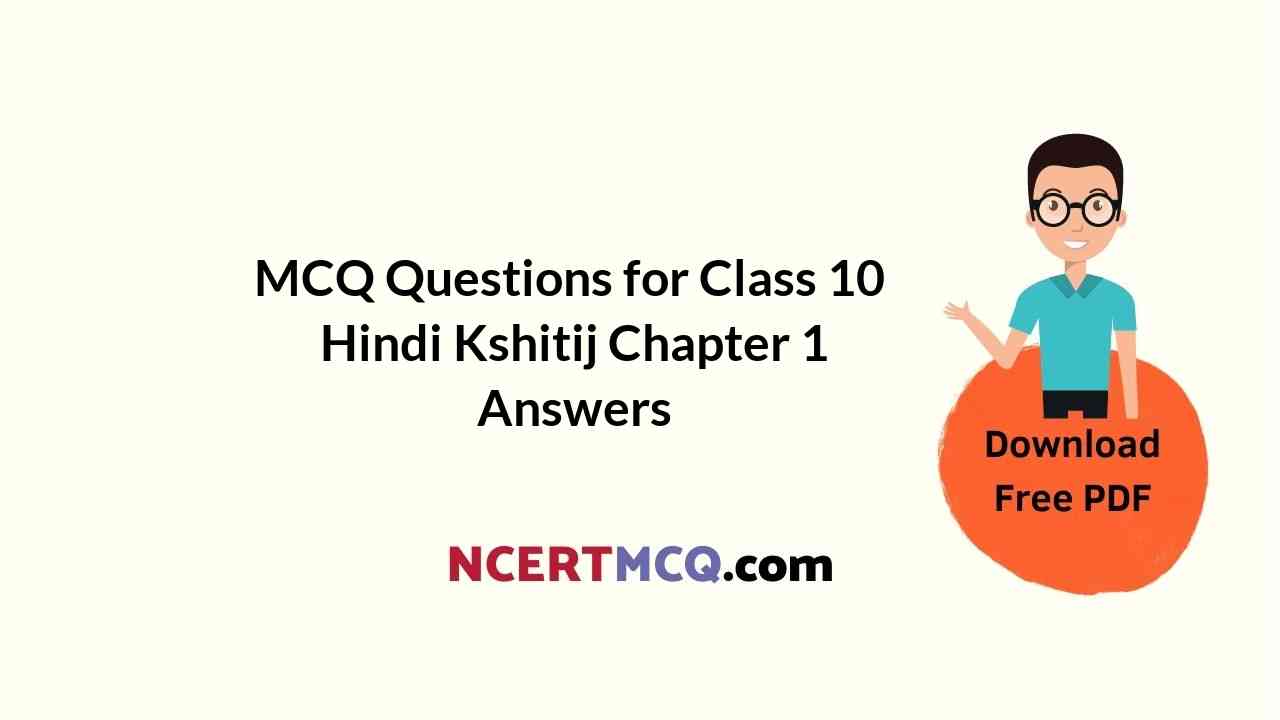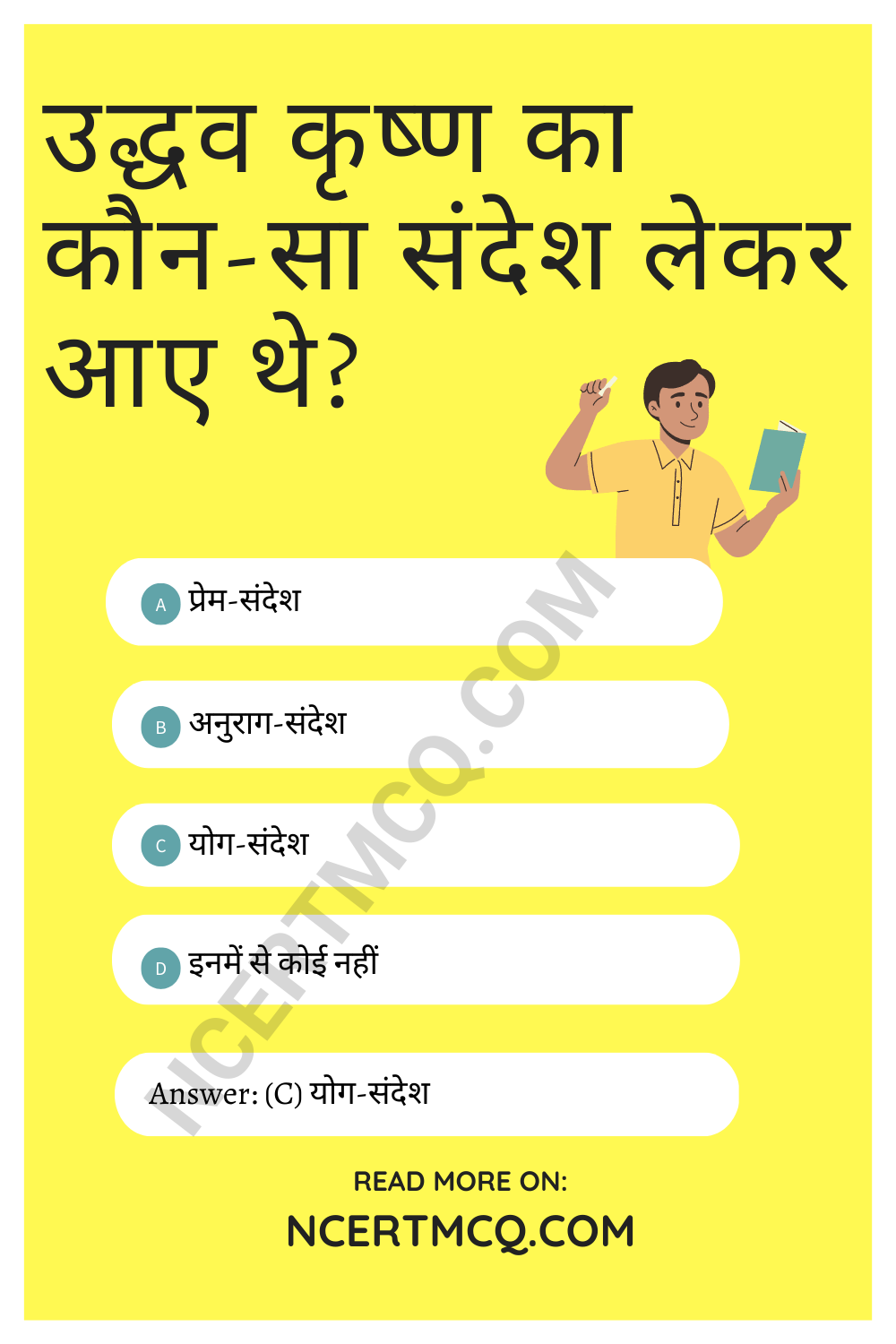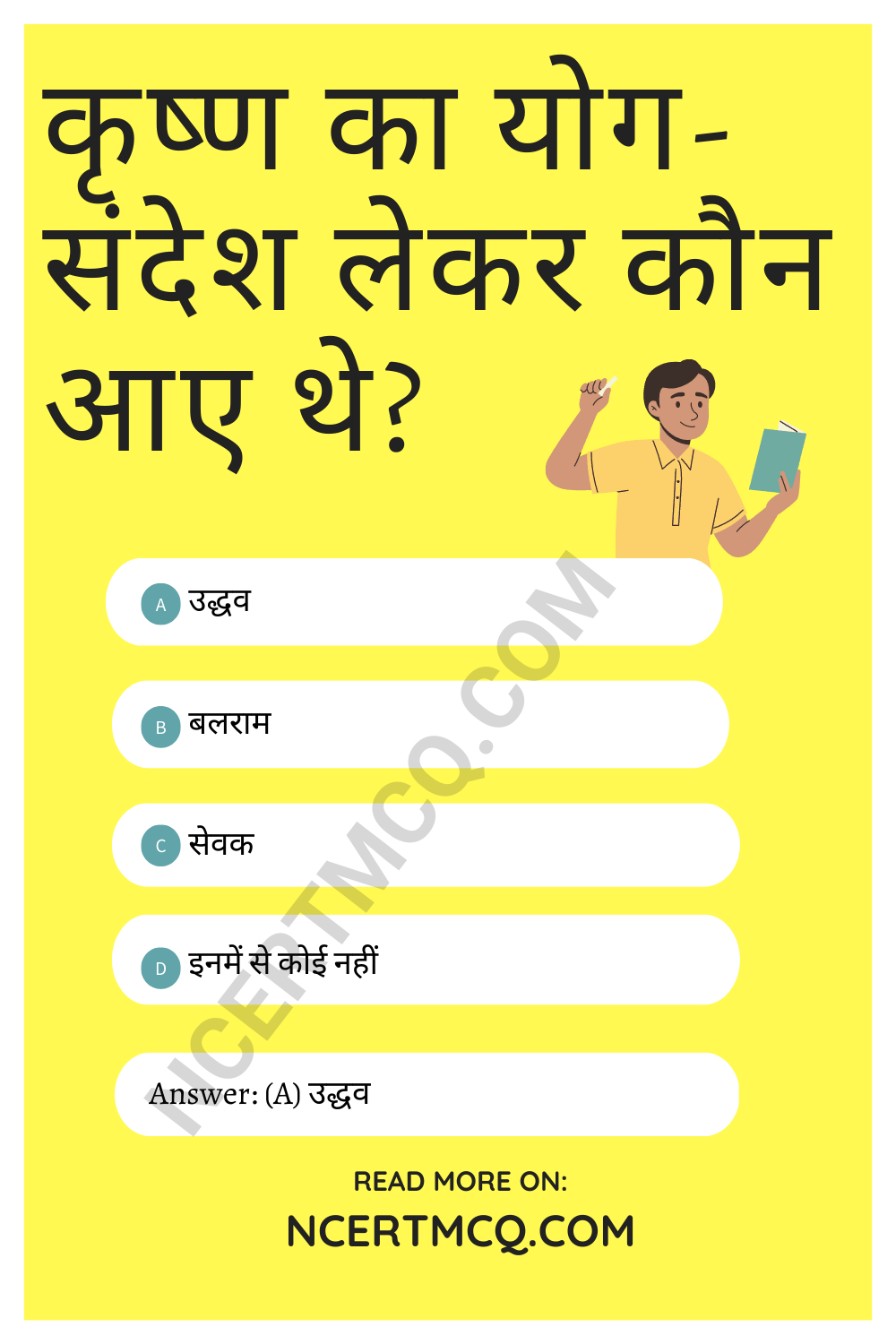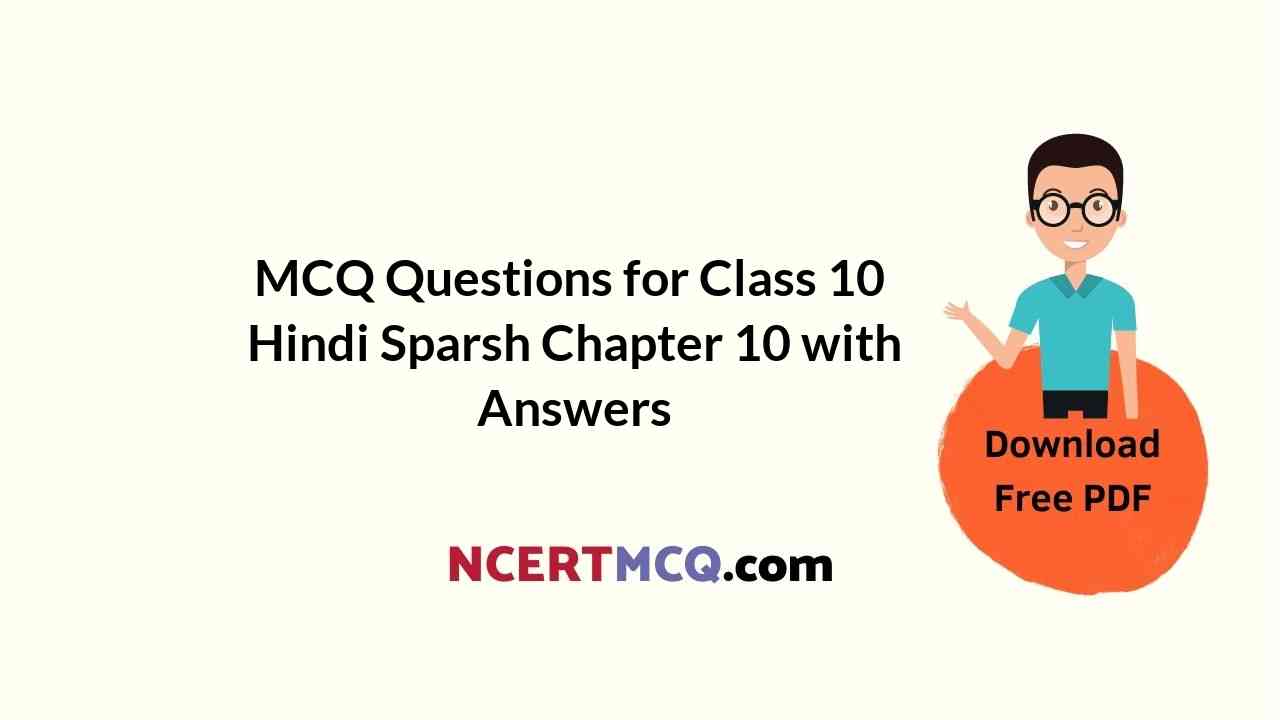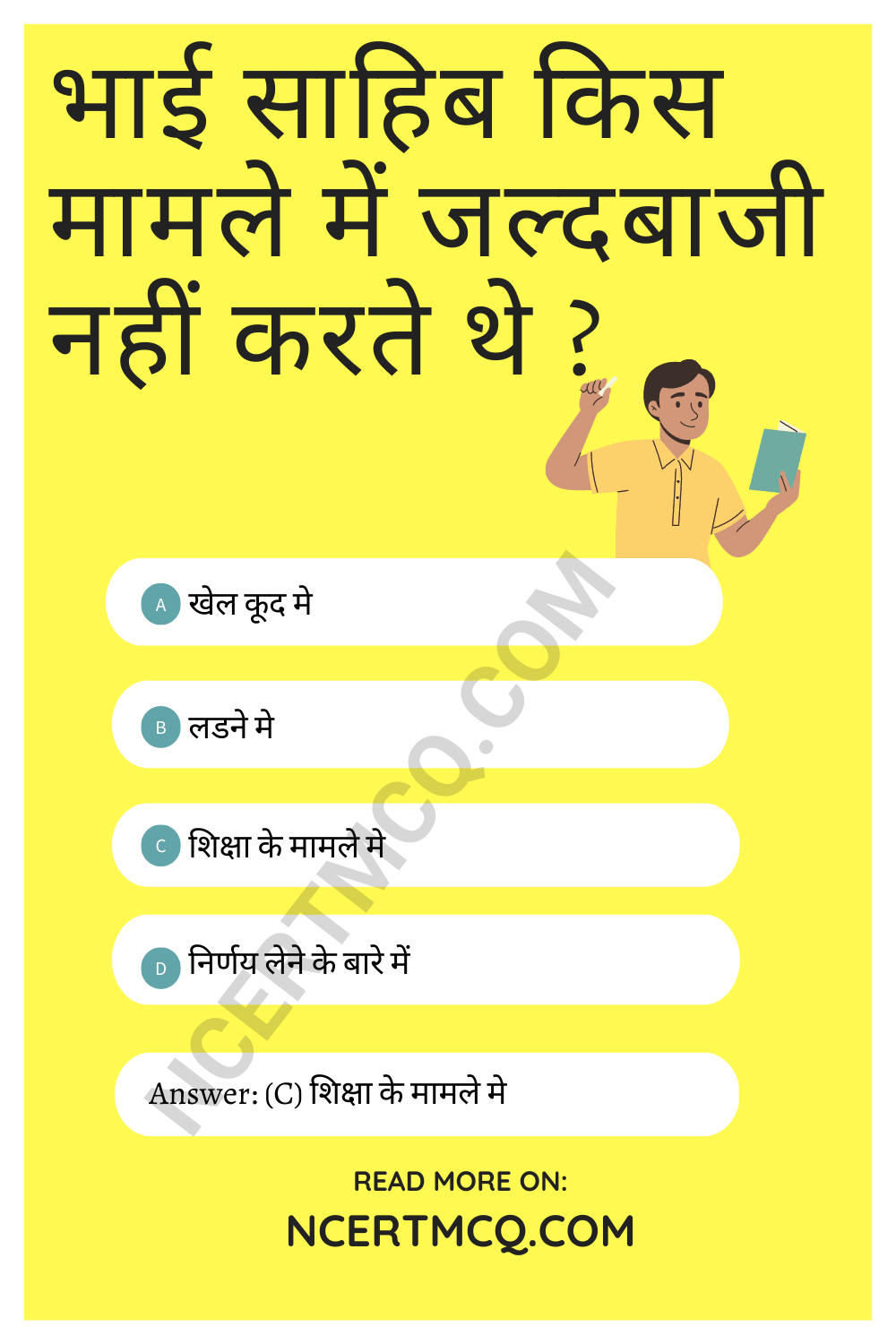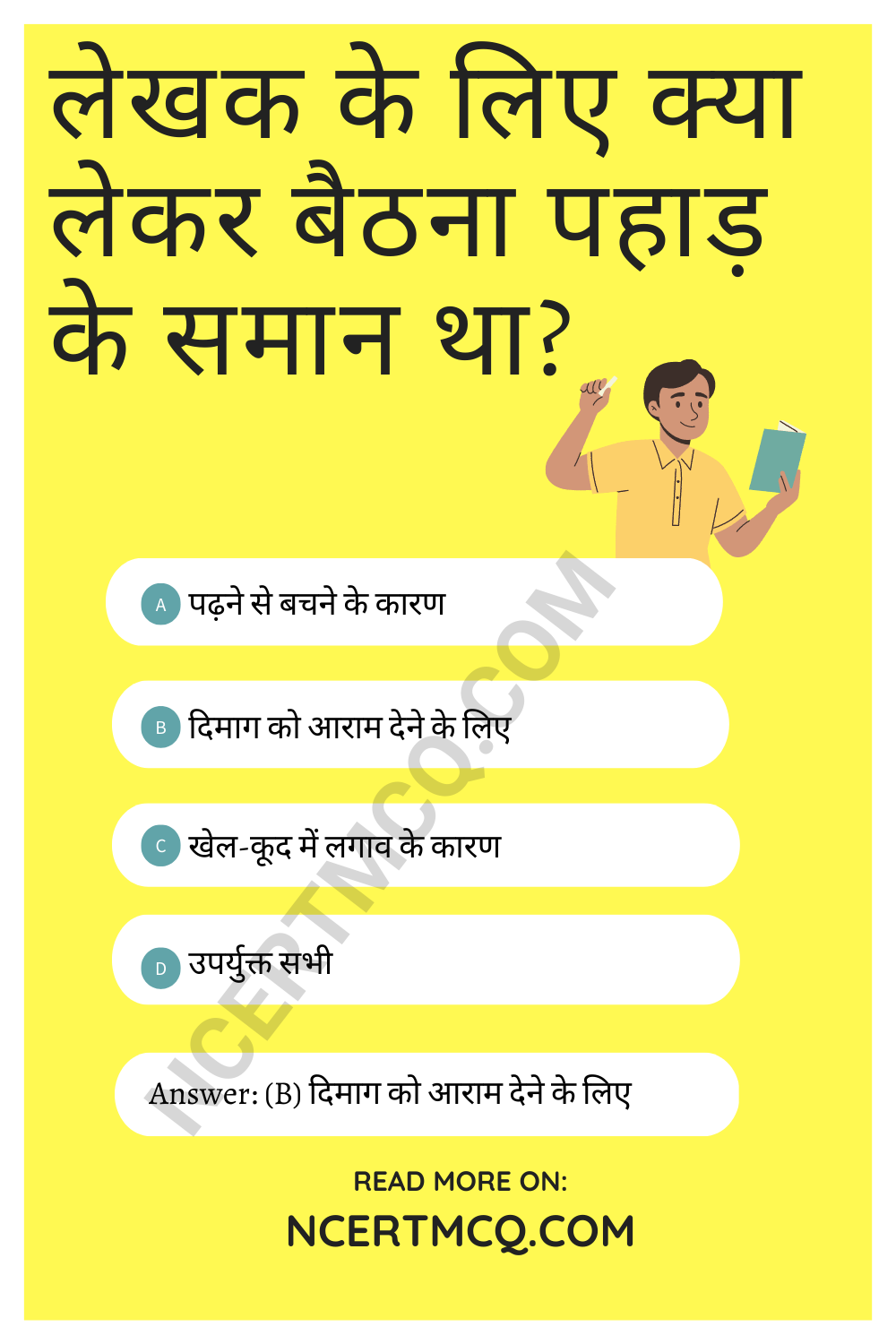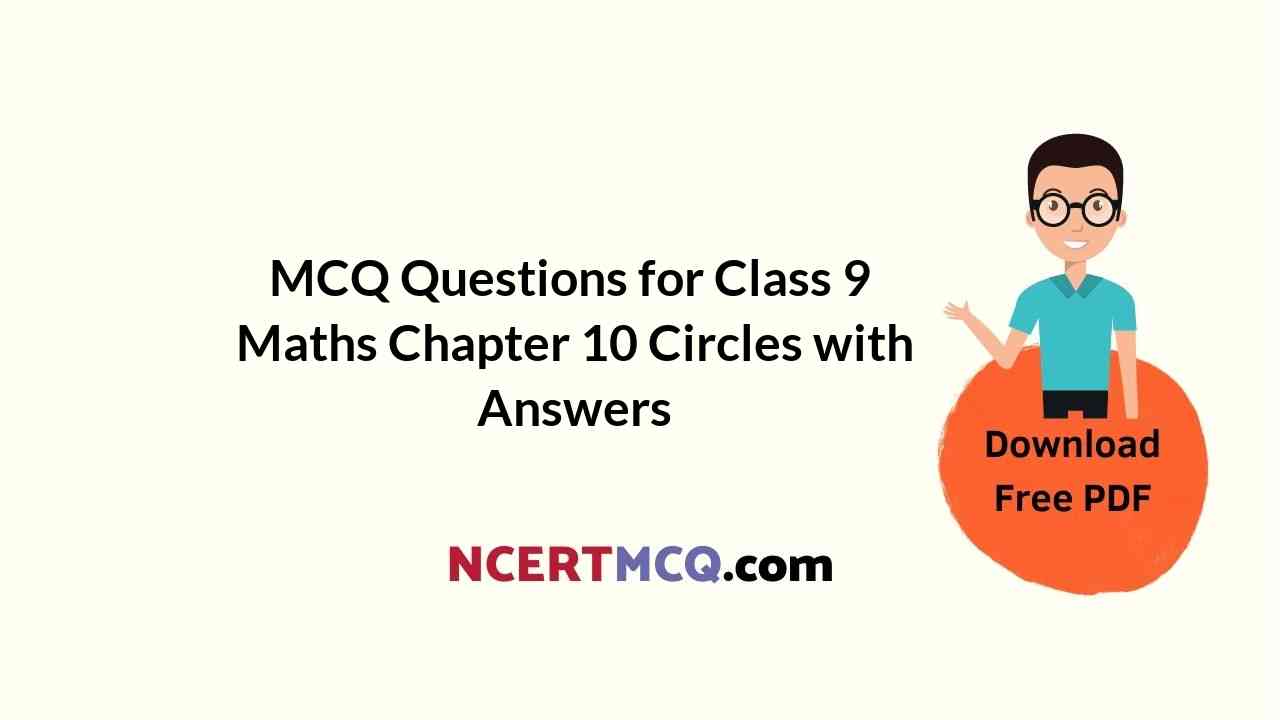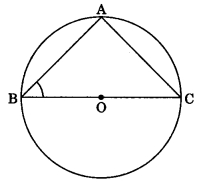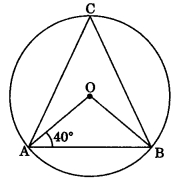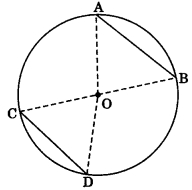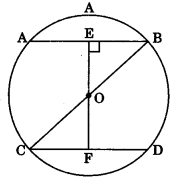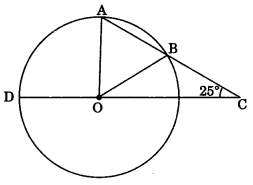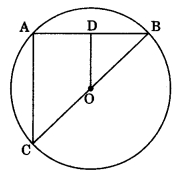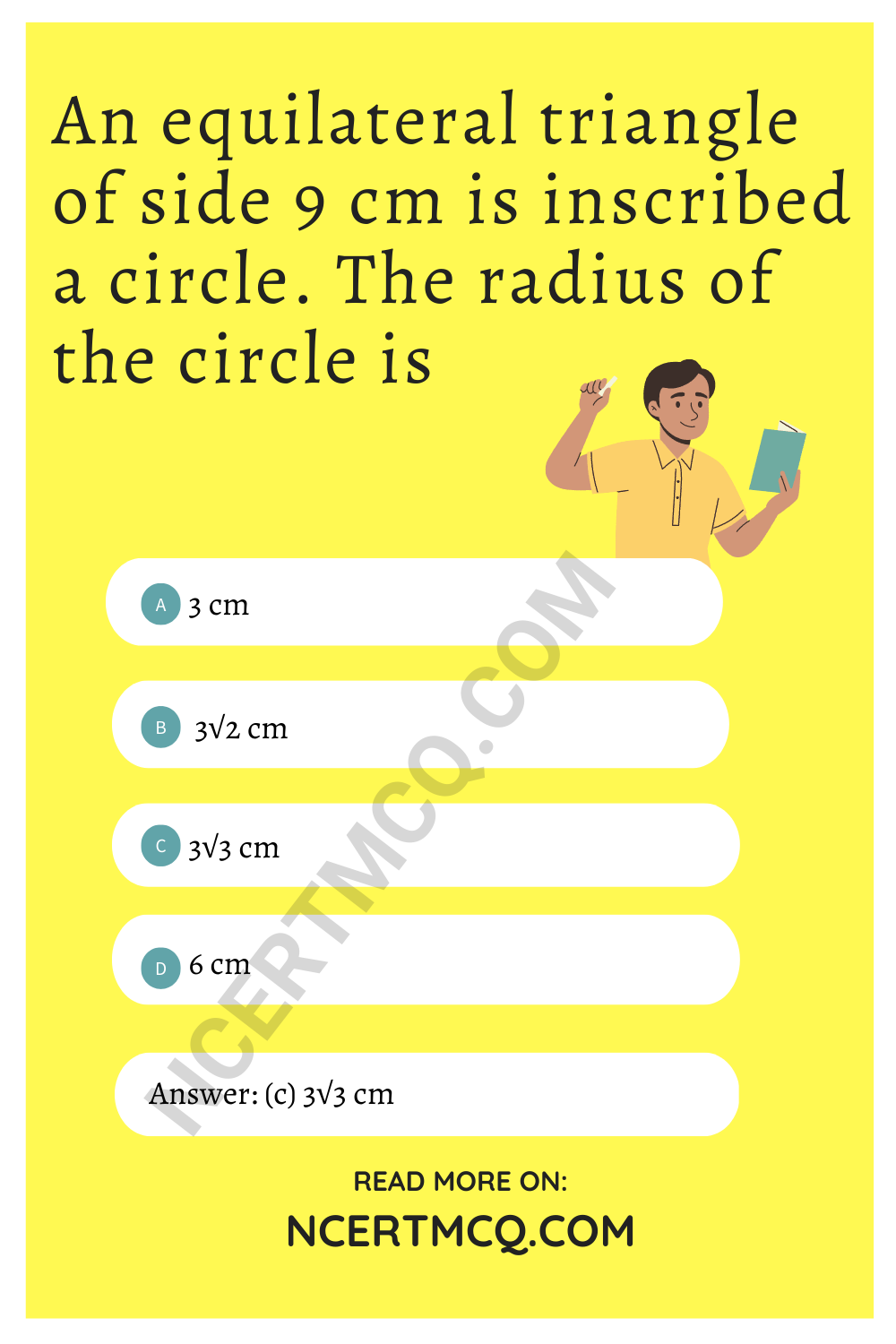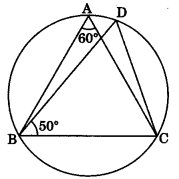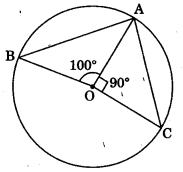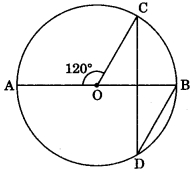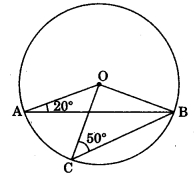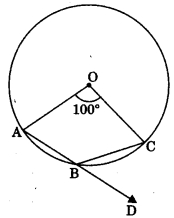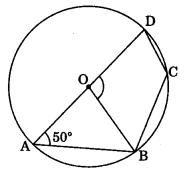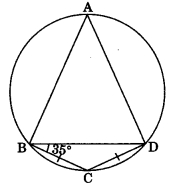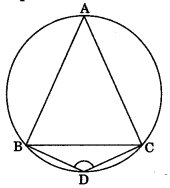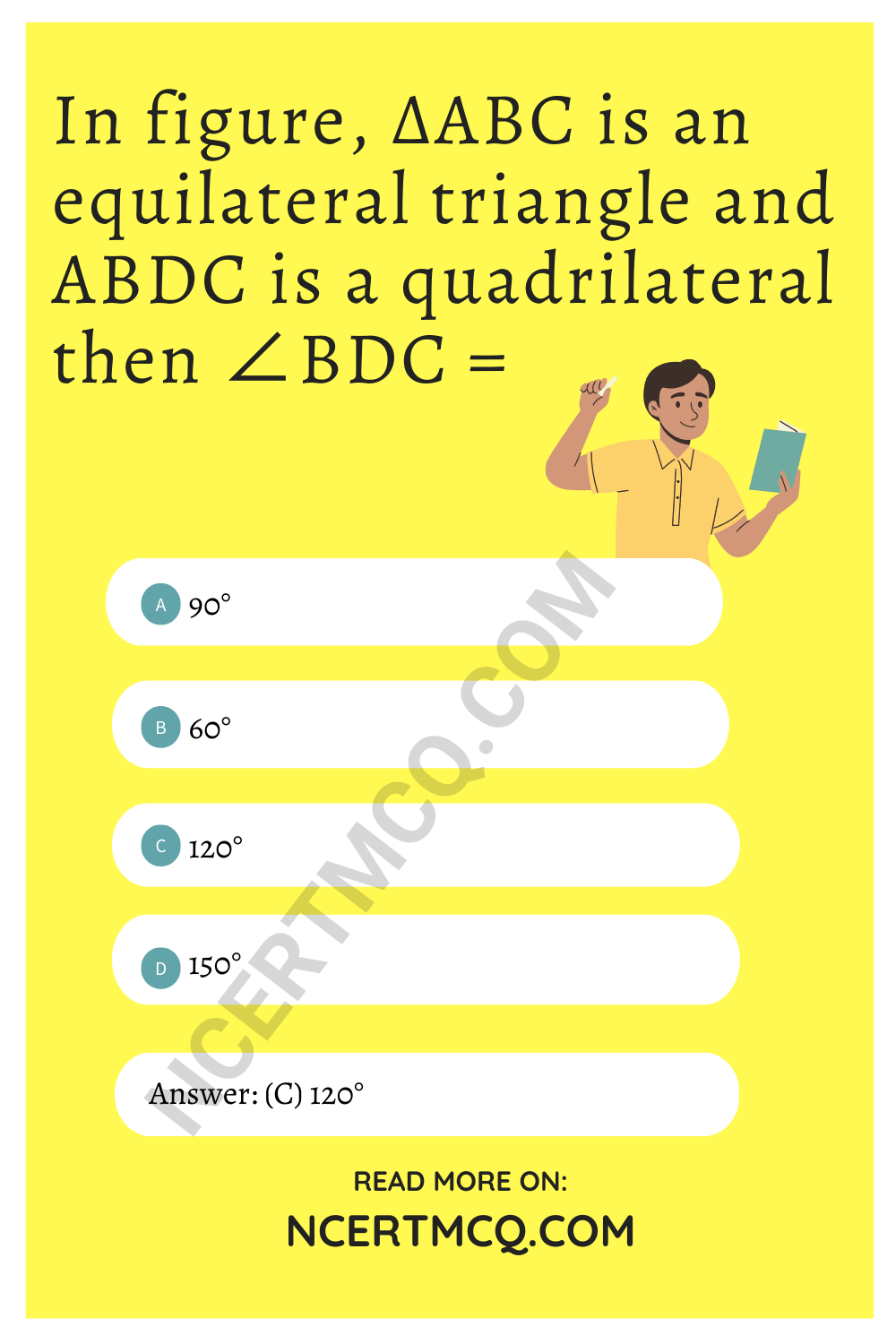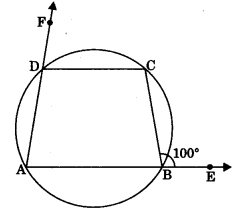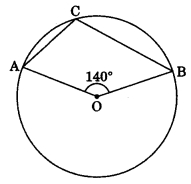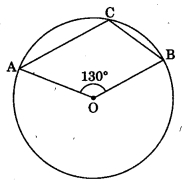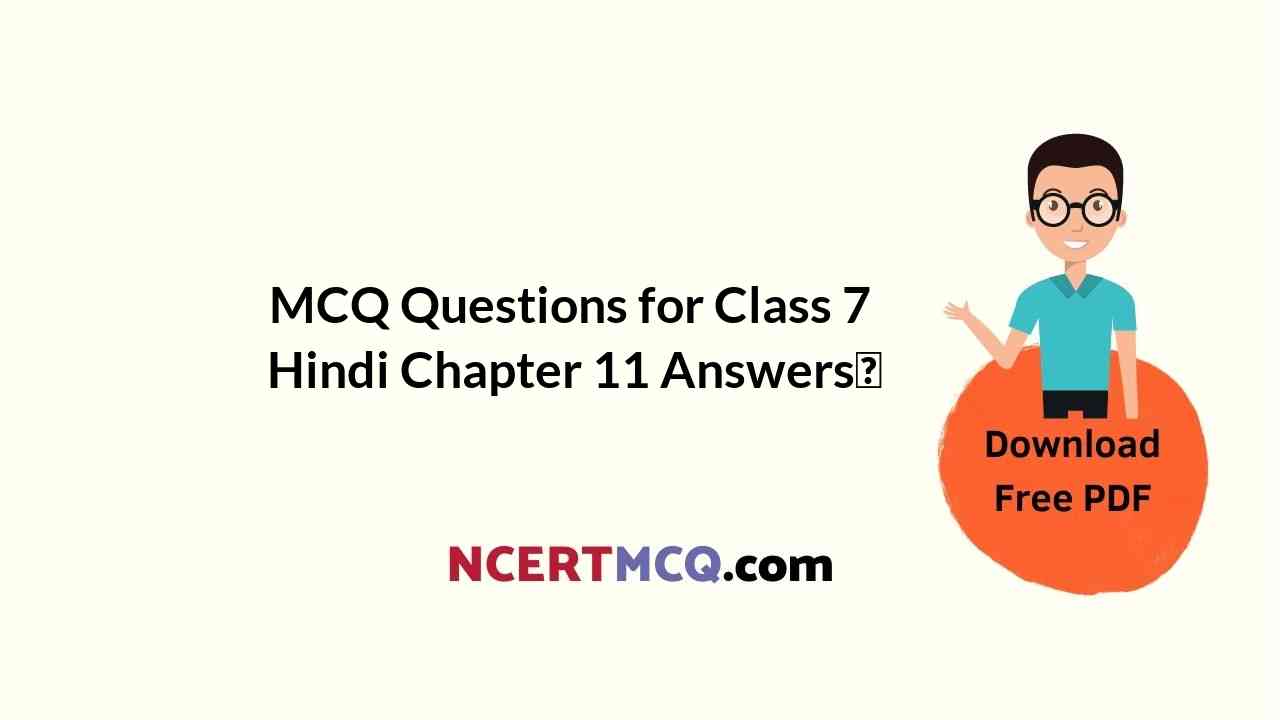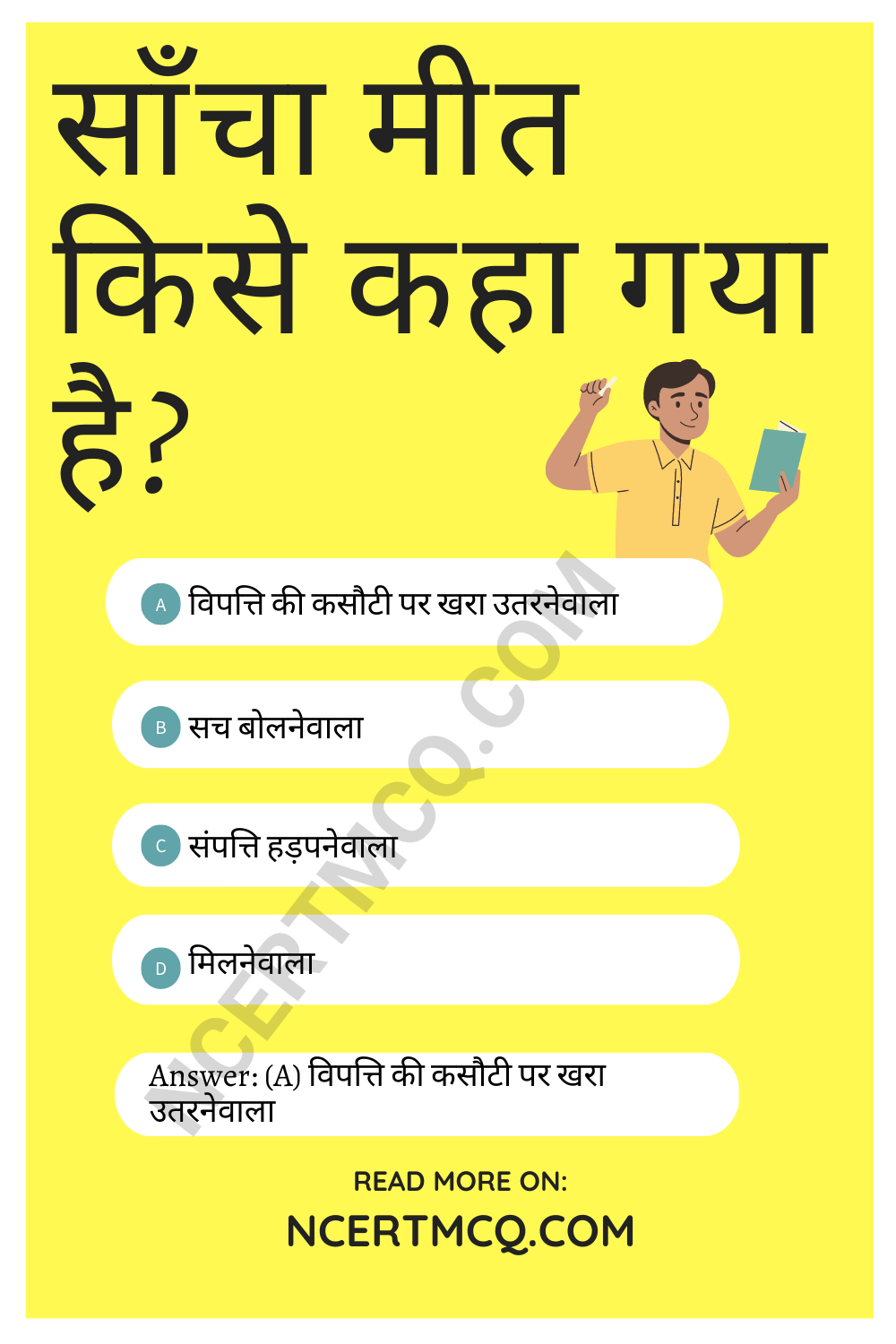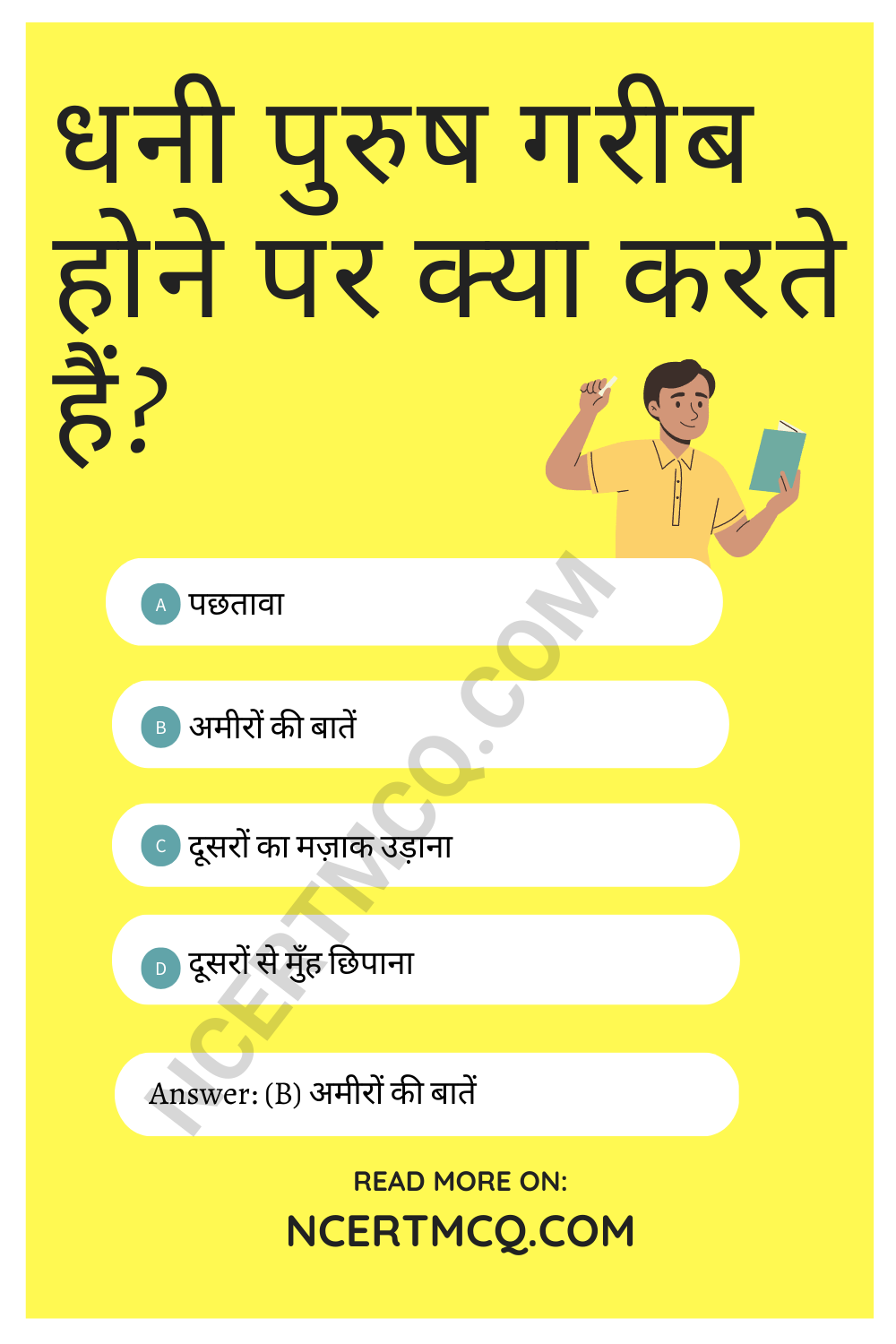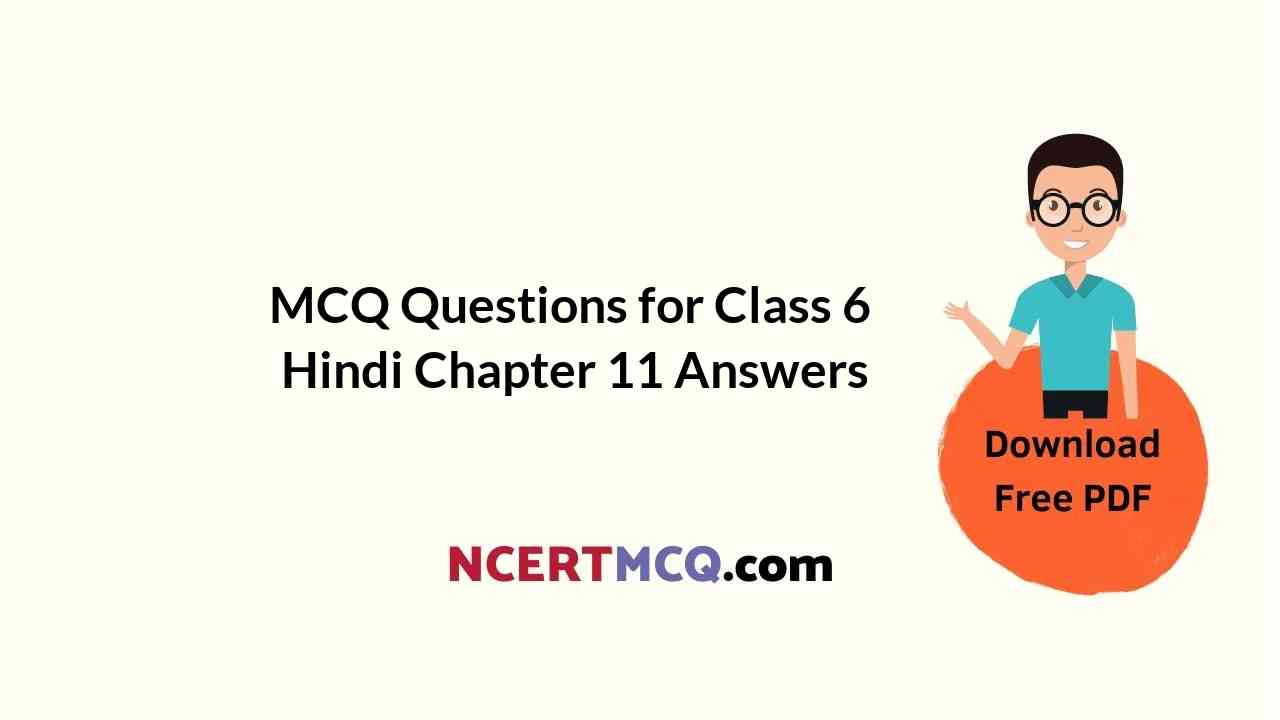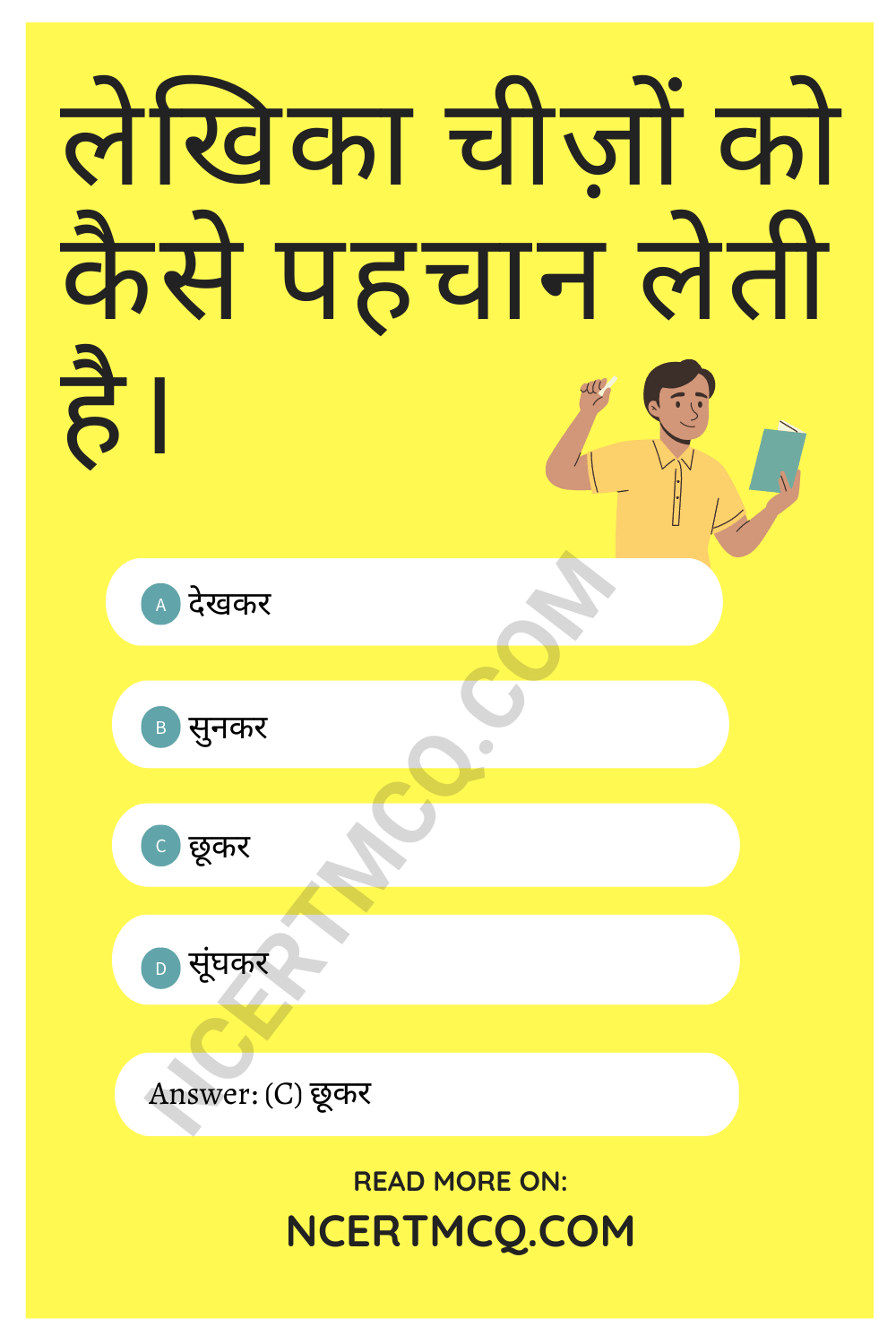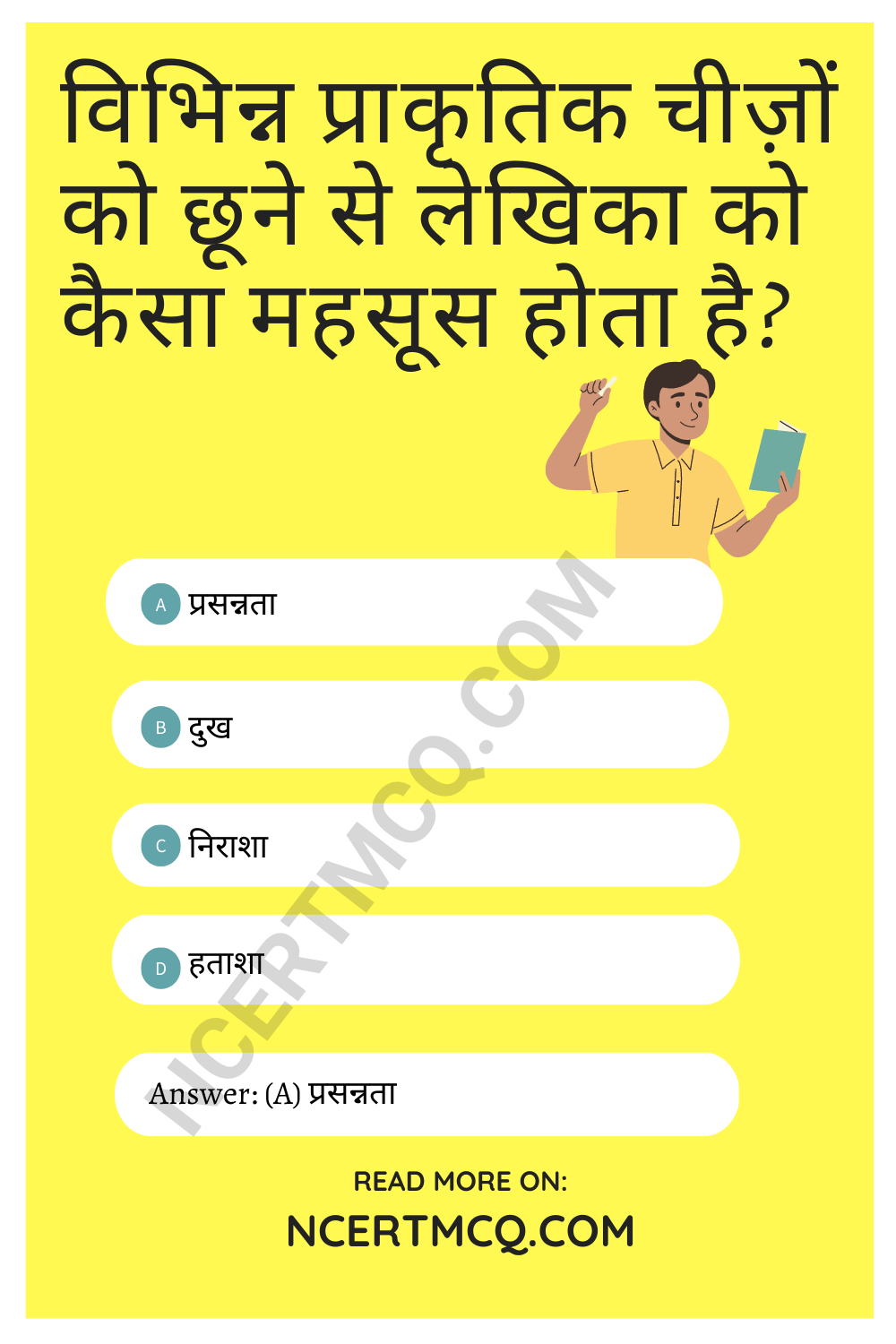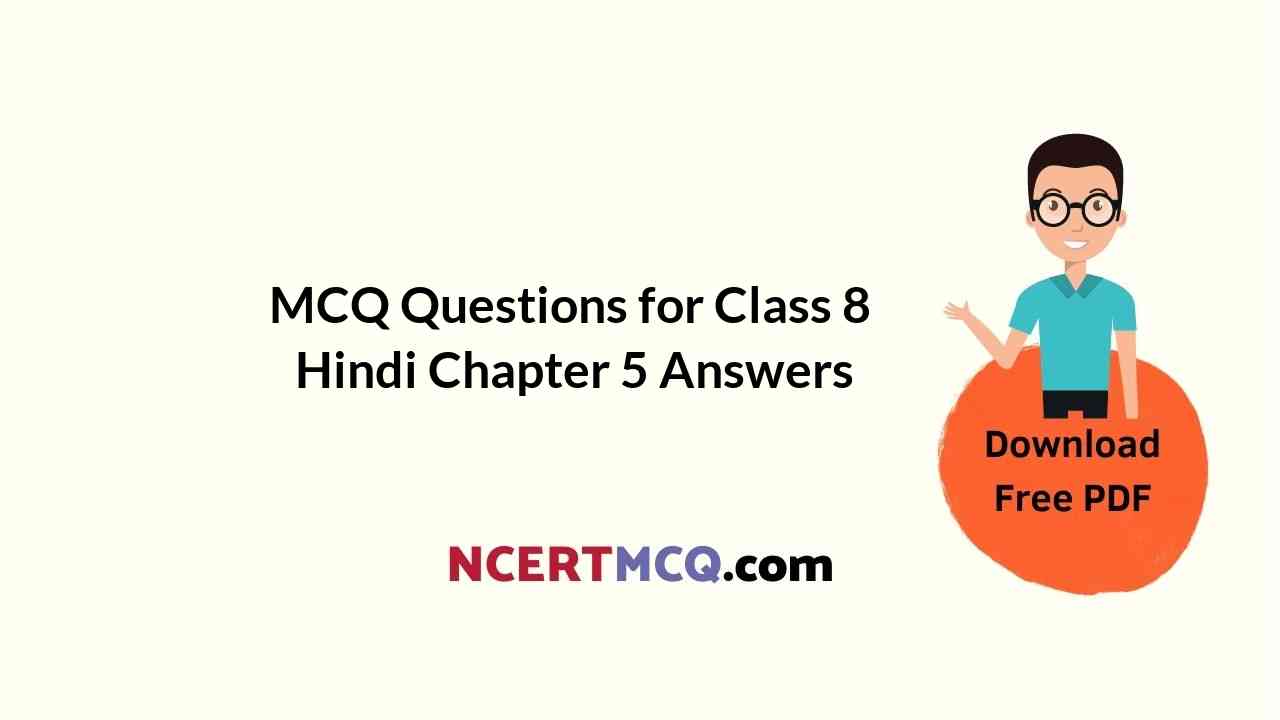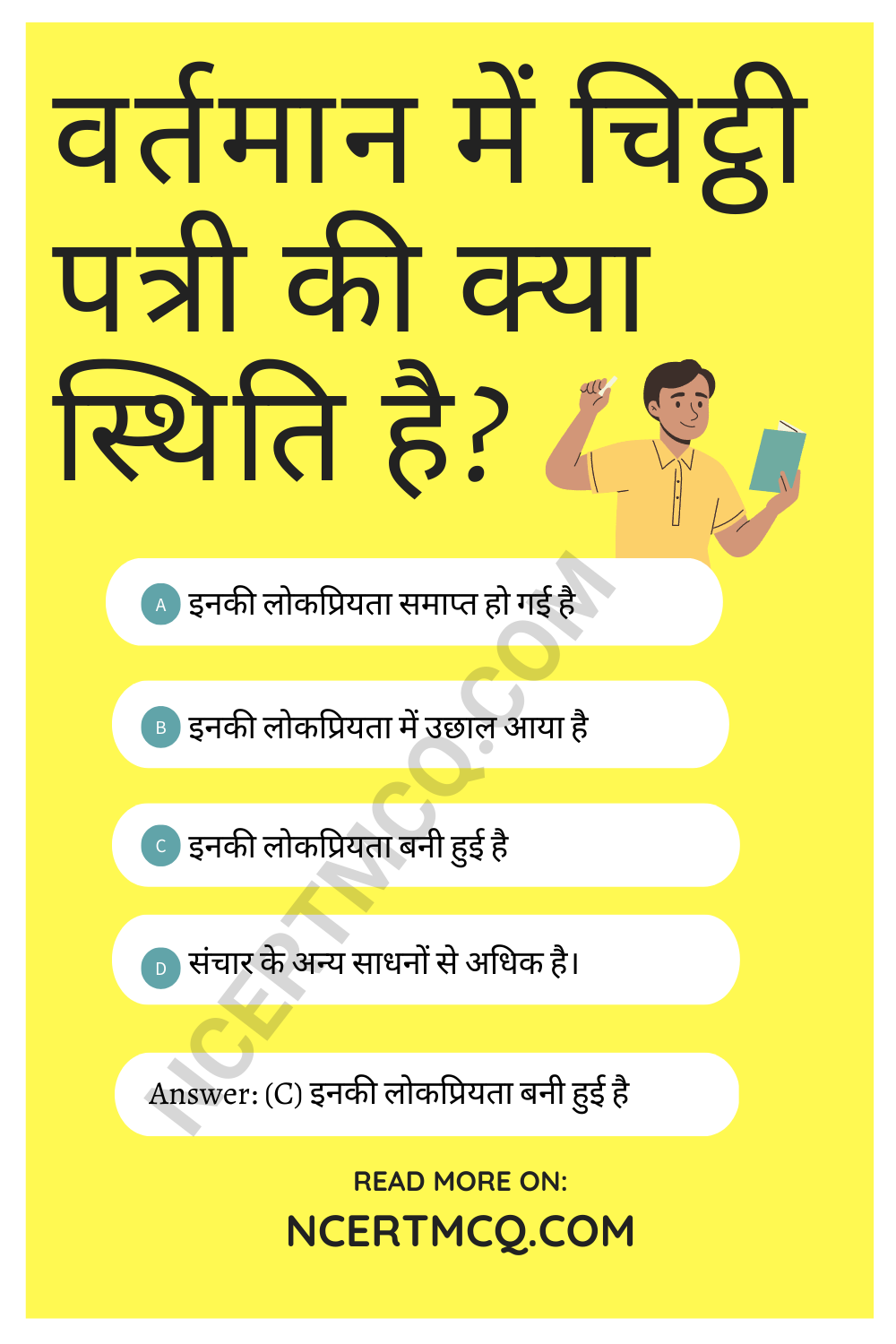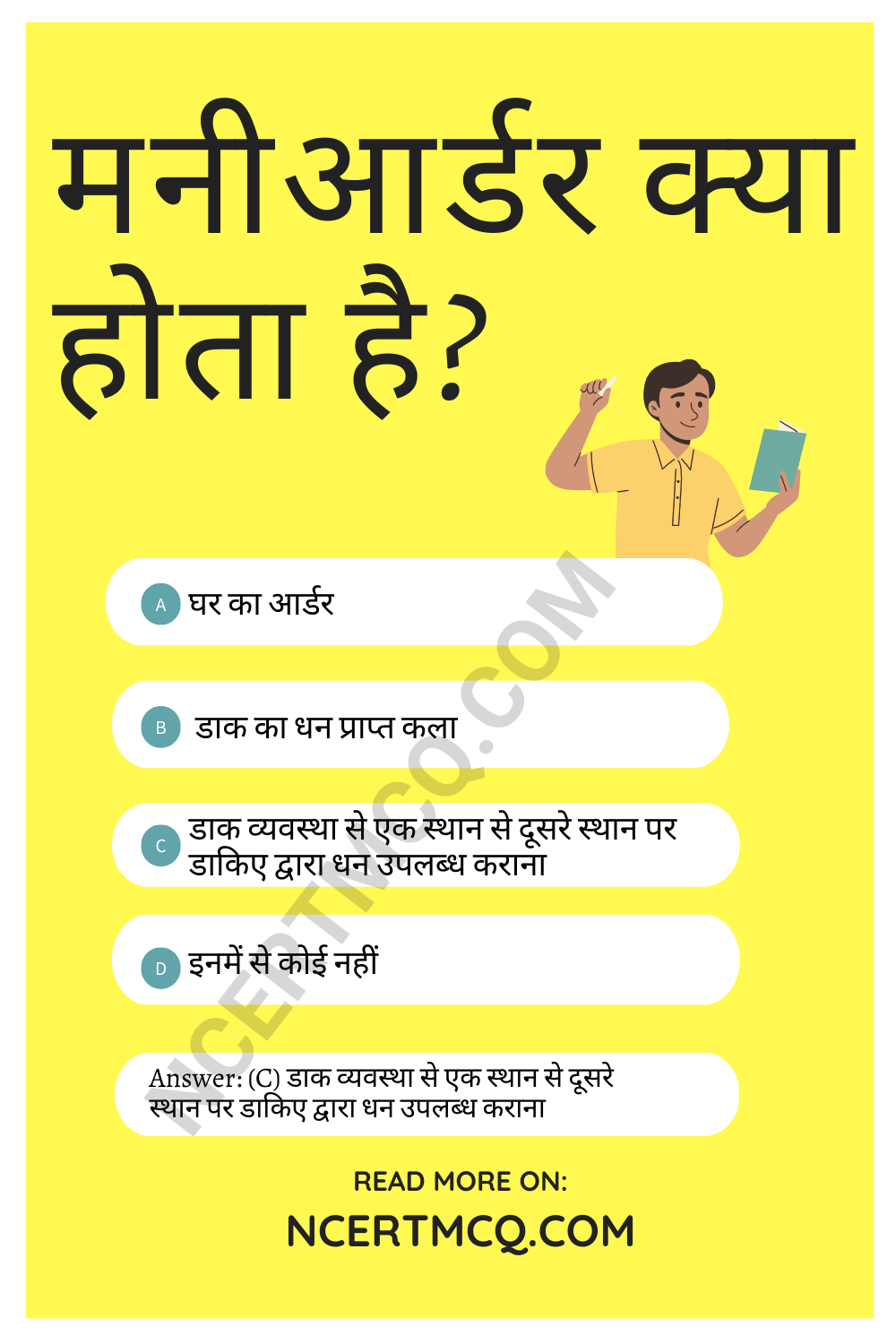Check the below NCERT MCQ Questions for Class 11 Economics Chapter 5 Market Equilibrium with Answers Pdf free download. MCQ Questions for Class 11 Economics with Answers were prepared based on the latest exam pattern. We have provided Market Equilibrium Class 11 Economics MCQs Questions with Answers to help students understand the concept very well.
Class 11 Economics Chapter 5 Market Equilibrium MCQ With Answers
Economics Class 11 Chapter 5 MCQs On Market Equilibrium
MCQ On Market Equilibrium Class 11 Chapter 5 Question 1.
Which is a characteristic of the market ?
(a) One Area
(b) Presence of both Buyers and Sellers
(c) Single Price of the Commodity
(d) All the above
Answer
Answer: (d) All the above
MCQ On Market Mechanism Class 11 Chapter 5 Question 2.
Which is a basic for the classification of the market ?
(a) Perfect Competition
(b) Zero Competition (Monopoly)
(c) Imperfect Competition
(d) All the above
Answer
Answer: (d) All the above
Market Equilibrium Relates To MCQ Class 11 Chapter 5 Question 3.
Which of the following is a feature of perfect competition ?
(a) Large Number of Buyers and Sellers
(b) Homogeneous Units of the Product
(c) Perfect Knowledge of the Market
(d) All the above
Answer
Answer: (d) All the above
Market Equilibrium MCQ Class 11 Chapter 5 Question 4.
In which market product differentiation is found ?
(a) Pure Competition
(b) Perfect Competition
(c) Monopoly
(d) Monopolistic Competition
Answer
Answer: (c) Monopoly
Class 11 Economics Chapter 5 MCQ Question 5.
Which of the following is true in perfect competition ?
(a) Firm is price-taker, not price-maker
(b) Firm’s demand curve is perfectly elastic
(c) AR = MR
(d) All the above
Answer
Answer: (d) All the above
MCQ Questions For Class 11 Statistics Economics Chapter 5 Question 6.
Which one is a feature of monopoly ?
(a) Single Seller and Many Buyers
(b) Lack of Close Substitutes
(c) Restrictions of New Firm entry
(d) All of these
Answer
Answer: (d) All of these
MCQ Questions On Market Equilibrium Class 11 Chapter 5 Question 7.
Which one of the following is true for monopoly ?
(a) Firm is price-maker
(b) Demand curve slopes downward
(c) Price discrimination possibility arises
(d) All the above
Answer
Answer: (d) All the above
Ch 5 Economics Class 11 MCQ Question 8.
Which one is a feature of monopolistic competition ?
(a) Differentiated Product
(b) Selling Cost
(c) Imperfect Knowledge of the Market
(d) All the above
Answer
Answer: (d) All the above
Question 9.
A market in which there is free entry and exit, the market is:
(a) Monopolistic Competitive Market
(b) Imperfect Competitive Market
(c) Perfectly Competitive Market
(d) None of these
Answer
Answer: (c) Perfectly Competitive Market
Question 10.
What does a monopolist market show ?
(a) Production process
(b) Distribution system
(c) Nature of market
(d) None of these
Answer
Answer: (c) Nature of market
Question 11.
Price discrimination is found in which market ?
(a) Pure Competition
(b) Perfect Competition
(c) Monopoly
(d) Monopolistic Competition
Answer
Answer: (c) Monopoly
Question 12.
Which of the following is the feature of pure competition ?
(a) Perfect knowledge of the market
(b) Perfect mobility of factors
(c) Homogenity by products
(d) All the above
Answer
Answer: (d) All the above
Question 13.
Market situation where there is only one buyer is:
(a) Monopoly
(b) Monopsony
(c) Duropoly
(d) None of these
Answer
Answer: (b) Monopsony
Question 14.
The concept of monopolistic competition is given by:
(a) Hicks
(b) Chamberlin
(c) Mrs. Robinson
(d) Samuelson
Answer
Answer: (b) Chamberlin
Question 15.
Which of the following is not a feature of perfect competition ?
(a) Large number of buyers and sellers
(b) Homogeneity of product
(c) Advertisement and selling cost
(d) Perfect knowledge of the market
Answer
Answer: (c) Advertisement and selling cost
Question 16.
In which market is AR equal to MR ?
(a) Perfect competition
(b) Oligopoly
(c) Imperfect competition
(d) Monopoly
Answer
Answer: (a) Perfect competition
Question 17.
Which factor determines Equilibrium Price ?
(a) Demand for Commodity
(b) Supply of Commodity
(c) Both (a) and (b)
(d) None of the above
Answer
Answer: (c) Both (a) and (b)
Question 18.
“Price is determined by Demand and Supply. Whose statement is this ?
(a) Jevons
(b) Walras
(c) Marshall
(d) None of these
Answer
Answer: (c) Marshall
Question 19.
Price of a commodity is determined at a point where :
(a) Demand exceeds
(b) Supply exceeds
(c) Demand equals supply
(d) None of these
Answer
Answer: (c) Demand equals supply
Question 20.
What is true for perfect competition market ?
(a) Price is determined by both Demand and Supply Forces
(b) Price is determined by the industry
(c) Each firm of the industry is Price-taker
(d) All the above
Answer
Answer: (d) All the above
Question 21.
Who gave the concept of ‘Time Element’ in price determination process ?
(a) Ricardo
(b) Walras
(c) Marshall
(d) J. K. Mehta
Answer
Answer: (c) Marshall
Question 22.
How many categories of production duration have been made by Marshall on the basis of supply ?
(a) Two
(b) Three
(c) Four
(d) Seven
Answer
Answer: (b) Three
Question 23.
Which is a reason of change in demand ?
(a) Change in Consumer’s Income
(b) Change in Prices of Related Goods
(c) Population increase
(d) All the above
Answer
Answer: (d) All the above
Question 24.
Which statement is correct ?
(a) In very short period, supply is perfectly inelastic, price is affected by both demand conditions.
(b) Supply curve elasticity depends on time period
(c) Both (a) and (b)
(d) None of the above
Answer
Answer: (c) Both (a) and (b)
Question 25.
Market Price is found in:
(a) Short Period Market
(b) Long Period Market
(c) Very Long Period Market
(d) None of these
Answer
Answer: (a) Short Period Market
Question 26.
The price of a good is determined by:
(a) Demand
(b) Supply
(c) Both demand and supply
(d) Government
Answer
Answer: (c) Both demand and supply

Question 27.
Market price is associated with:
(a) Price of very short period
(b) Normal price
(c) Permanent price
(d) All of these
Answer
Answer: (a) Price of very short period
Question 28.
The price of a goods in perfect competition is determined by:
(a) Bargaining
(b) Production cost
(c) Marginal utility
(d) Demand and supply
Answer
Answer: (d) Demand and supply
Question 29.
In perfect competition, a firm:
(a) Determines price
(b) Obtains price
(c) Both (a) and (b)
(d) None of these
Answer
Answer: (b) Obtains price
Question 30.
In very short period, supply will be:
(a) Perfectly elastic
(b) Perfectly Inelastic
(c) Elastic
(d) None of these
Answer
Answer: (b) Perfectly Inelastic
Question 31.
Which is not a condition for equilibrium of a monopoly form ?
(a) Average Revenue = Marginal Cost
(b) Marginal Revenue = Marginal Cost
(c) Marginal Cost should cut the Marginal Revenue Curve from below
(d) Both (b) and (c)
Answer
Answer: (a) Average Revenue = Marginal Cost
Question 32.
In perfect competition, these is……. profit
(a) Normal
(b) Maximum
(c) Zero
(d) None of these
Answer
Answer: (a) Normal
Question 33.
A Seller Cannot influence the market price under:
(a) Perfect Competition
(b) Monopoly
(c) Monopolistic Competition
(d) All of these
Answer
Answer: (a) Perfect Competition
Question 34.
Which determines the equilibrium price ?
(a) Demand
(b) Supply
(c) Both (a) and (b)
(d) None of the above
Answer
Answer: (c) Both (a) and (b)
Question 35.
Which is the component of factor price determination ?
(a) Rent
(b) Wages
(c) Interest
(d) All of these
Answer
Answer: (d) All of these
Question 36.
Price of a goods is determined at a point where :
(a) Demand > Supply
(b) Demand < Supply
(c) Demand = Supply
(d) None of these
Answer
Answer: (c) Demand = Supply
Question 37.
None of these Rent is = ?
(a) Actual Income – Transfer Earnings
(b) Actual Income + Transfer Earnings
(c) Transfer Earnings
(d) None of these
Answer
Answer: (a) Actual Income – Transfer Earnings
Question 38.
Which of the following is correct ?
(a) Labour Demand comes from producer
(b) Demand of labour depends on its productivity.
(c) Marginal productivity of labour is its maximum wage
(d) All the above
Answer
Answer: (d) All the above
Question 39.
Main feature of perfectly competitive market is:
(a) Uniform price
(b) Homogeneous product
(c) Large number of buyers and sellers
(d) All of the above.
Answer
Answer: (d) All of the above.
Question 40.
The market in which there is free entry and exit is:
(a) Monopolistic competition market
(b) Imperfect competition market
(c) Perfect competitions market
(d) None of these.
Answer
Answer: (c) Perfect competitions market
Question 41.
There is inverse relation between demand and price of goods in:
(a) Only monopoly
(b) Only monopolistic competition
(c) Both (a) and (b)
(d) Only perfect competition.
Answer
Answer: (d) Only perfect competition.
Question 42.
According to which economist “Price of a commodity is determined by the forces of demand and supply”:
(a) Jevons
(b) Valros
(c) Marshall
(d) None of these.
Answer
Answer: (c) Marshall
Question 43.
Not a condition of equilibrium of monopoly firm:
(a) Average revenue = Marginal revenue
(b) Marginal revenue = Marginal cost
(c) Marginal cost curve cuts marginal revenue curve from downwards.
(d) Both (b) and (c).
Answer
Answer: (a) Average revenue = Marginal revenue
Question 44.
Market price is found in:
(a) Short period market
(b) Long period market
(c) Very long period market
(d) None of these.
Answer
Answer: (a) Short period market
Question 45.
Demand curve of a firm is perfectly elastic in:
(a) Perfect competition
(b) Monopoly
(c) Monopolistic competition
(d) Oligopoly.
Answer
Answer: (a) Perfect competition
Questions 46.
Administrative price is:
(a) Price ceiling
(b) Price floor
(c) Both (a) and (b)
(d) None of these.
Answer
Answer: (c) Both (a) and (b)
Questions 47.
Minimum support price of wheat is called:
(a) Price ceiling
(b) Price floor
(c) Market price
(d) Equilibrium price.
Answer
Answer: (b) Price floor
Questions 48.
Which of the following is the component of instrument pricing:
(a) Rent
(b) Wages
(c) Interest
(d) None of these.
Answer
Answer: (c) Interest
Questions 49.
Which factors help in the determination of equilibrium price:
(a) Demand
(b) Supply
(c) Both (a) and (b)
(d) None of the above.
Answer
Answer: (d) None of the above
Questions 50.
Which among the following statement is not true:
(a) Demand of labor is done by the producer
(b) Demand of labor depends open its productivity
(c) Marginal productivity of a labor is his maximum wages
(d) All of the above.
Answer
Answer: (d) All of the above
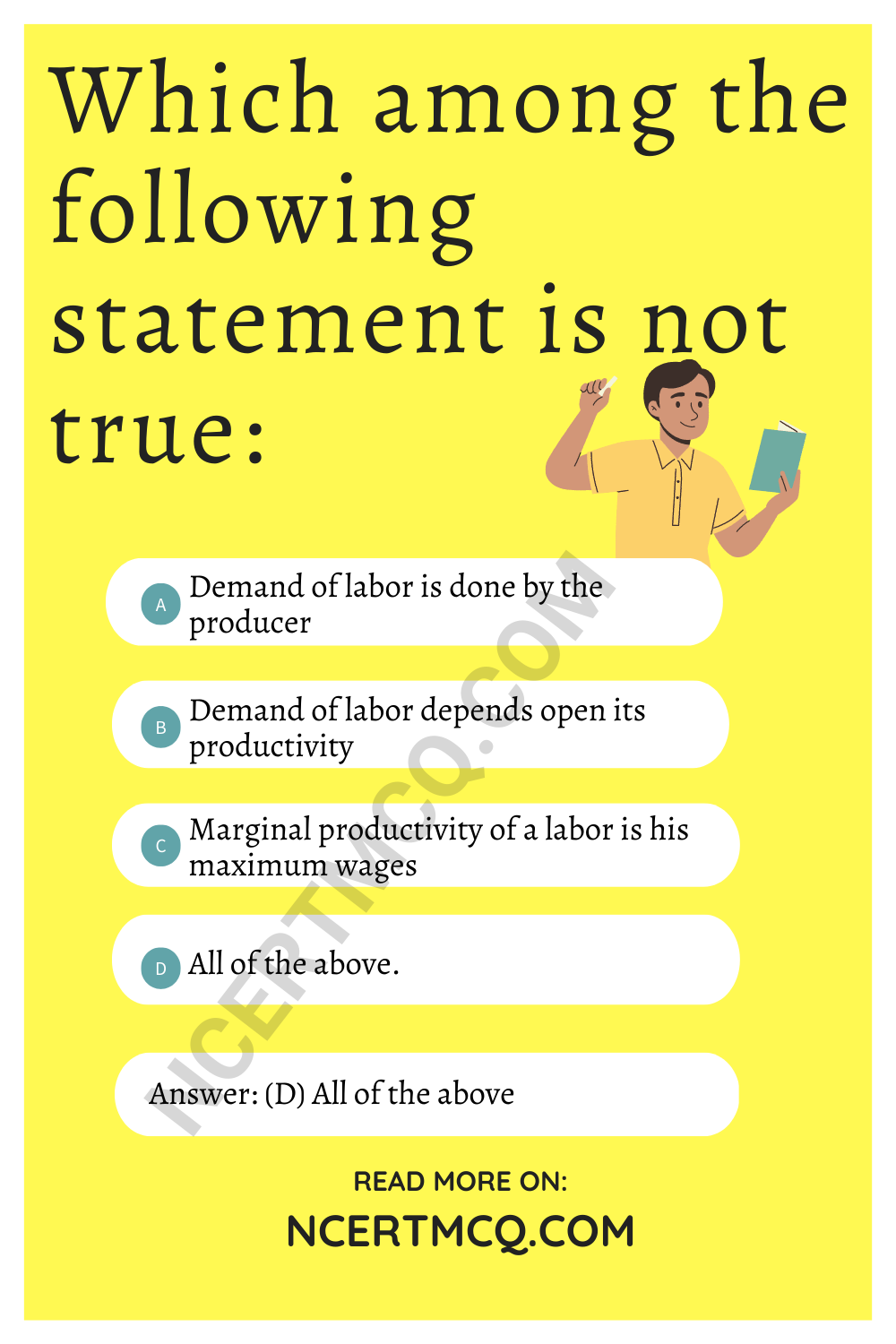
Questions 51.
Excess demand can be seen in:
(a) Fixed market price
(b) Lowest fixed price
(c) Highest fixed price
(d) None of these.
Answer
Answer: (c) Highest fixed price
Fill in the blanks:
1. The price on which demand and supply are equal, is called ………………..
Answer
Answer: Normal
2. Price discrimination is possible in ……………….. market.
Answer
Answer: Monopolistic
3. Increase in total revenue by the sale of additional unit of the commodity is called ………………..
Answer
Answer: Marginal revenue
4. If the supply of any good remains unchanged, and with the increase in demand its ……………….. increases.
Answer
Answer: Increase
5. In perfect competition market, a firm is a ………………..
Answer
Answer: Price takes
6. Price ceiling is done by the ………………..
Answer
Answer: Government
7. In the ………………..period demand force is more effective.
Answer
Answer: Short period
8. In ………………..market there should be two or more two firms.
Answer
Answer: Oligopoly
9. A group of firms is called ………………..
Answer
Answer: Industry
10. The market for petrol is ………………..
Answer
Answer: International.
11. Price range and price floor are also called ………….. prices.
Answer
Answer: Administrative
12. The other name of minimum determined price is ………………..
Answer
Answer: Price floor
13. According to modem view point, rent increases because of land.
Answer
Answer: Scarcity
14. ………….. presented FAD principle.
Answer
Answer: Prof. Amartya Sen
15. …………….. Instrument demand is demand.
Answer
Answer: Derivative.
State true or false:
1. Market of bricks is provincial.
Answer
Answer: False
2. Normal price is imaginary.
Answer
Answer: True
3. Imperfect competition is a practical approach.
Answer
Answer: True
4. The forces of demand and supply remains in the state of equilibrium for a long period.
Answer
Answer: False
5. Among the forces of demand and supply, either of the two determines the price of the goods.
Answer
Answer: False
6. Under perfect competition firms themselves determine the price.
Answer
Answer: False
7. Under monopolistic competition demand curve is uncertain.
Answer
Answer: True.
8. Main objective of price range determination is to earn profit.
Answer
Answer: False
9. The price floor is also called lowest fixed price.
Answer
Answer: True
10. In independent market system, prices of goods and services are determined by the forces of demand and supply.
Answer
Answer: True
11. Price range and price floor differ from market oriented prices.
Answer
Answer: True.
Match the following:
1.
| ‘A’ | ‘B’ |
| 1. Gold | (a) National market |
| 2. Clothes | (b) Local market |
| 3. Normal profit | (c) International market |
| 4. Equilibrium of firm | (d) AR = MR |
| 5. Milk | (e) Zero profit. |
Answer
Answer:
| ‘A’ | ‘B’ |
| 1. Gold | (c) International market |
| 2. Clothes | (a) National market |
| 3. Normal profit | (e) Zero profit. |
| 4. Equilibrium of firm | (d) AR = MR |
| 5. Milk | (b) Local market |
2.
| ‘A’ | ‘B’ |
| 1. Price range | (a) Excess supply |
| 2. Price floor | (b) Public Distribution System |
| 3. Problem of price floor | (c) Minimum wage provision. |
Answer
Answer:
| ‘A’ | ‘B’ |
| 1. Price range | (b) Public Distribution System |
| 2. Price floor | (c) Minimum wage provision. |
| 3. Problem of price floor | (a) Excess supply |
We hope the given NCERT MCQ Questions for Class 11 Economics Chapter 5 Market Equilibrium with Answers Pdf free download will help you. If you have any queries regarding CBSE Class 11 Economics Market Equilibrium MCQs Multiple Choice Questions with Answers, drop a comment below and we will get back to you soon.
Class 11 Microeconomics MCQ:
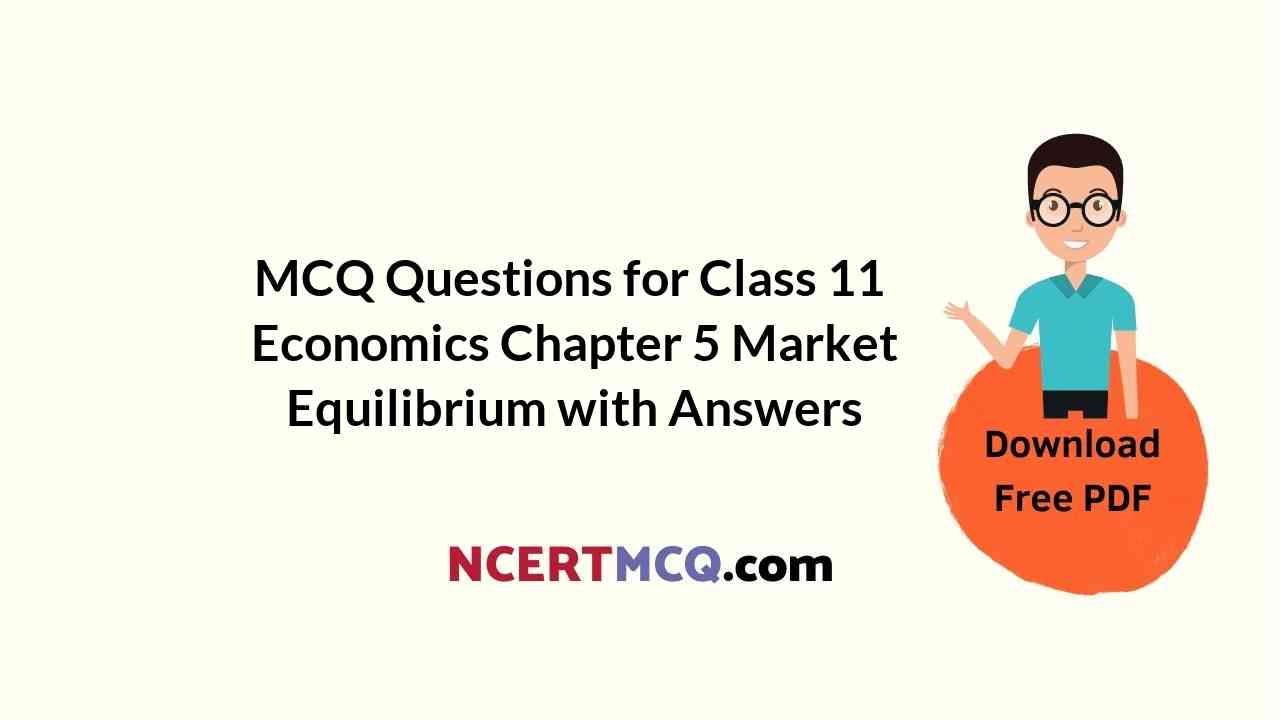
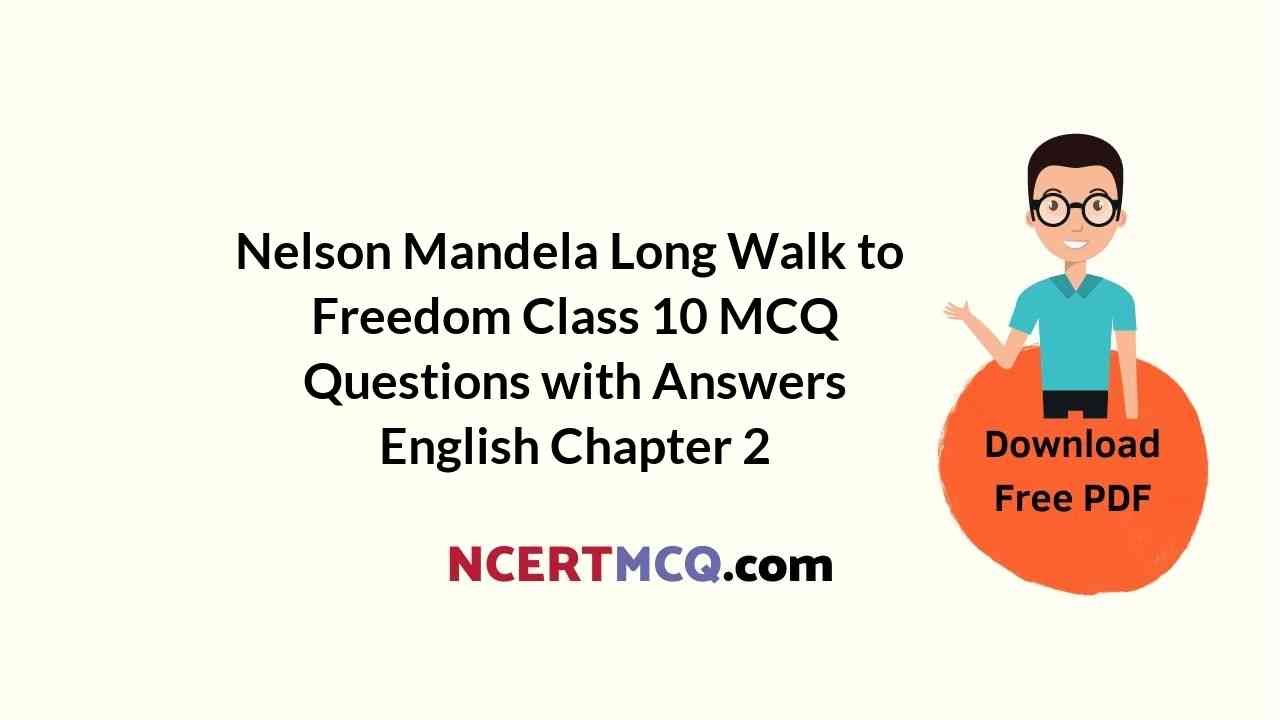
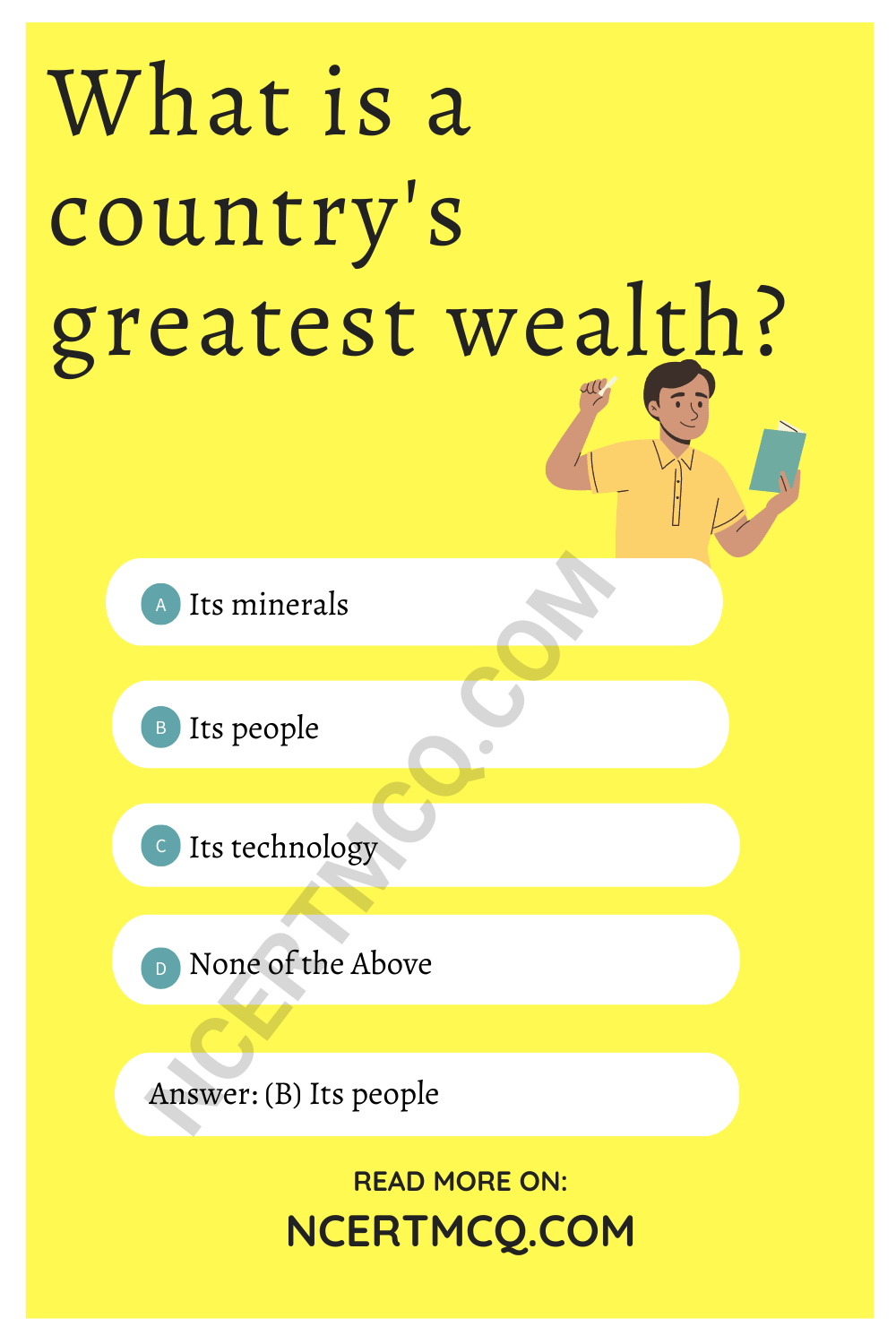
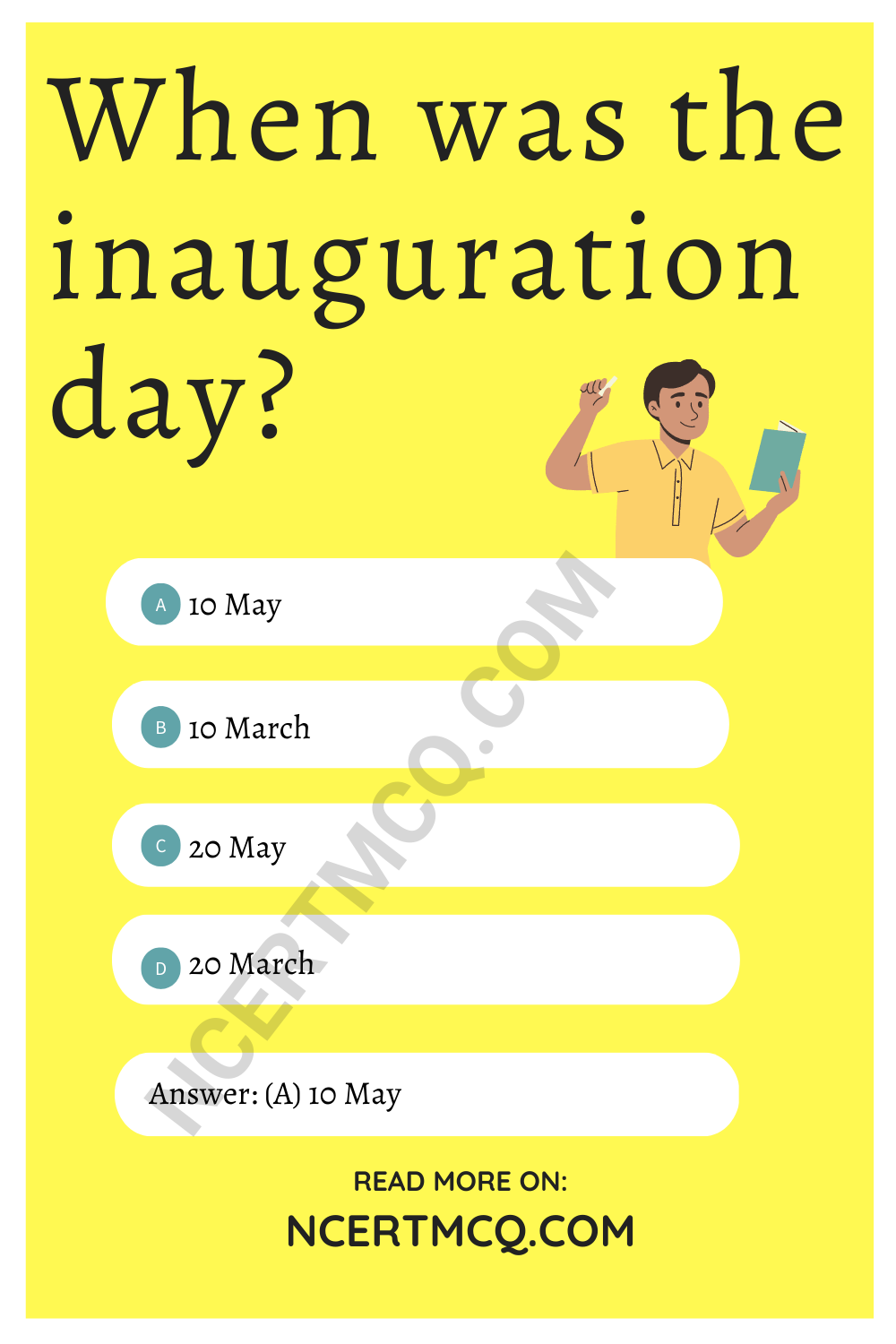 We hope the given NCERT MCQ Questions for Class 10 English First Flight Chapter 2 Nelson Mandela Long Walk to Freedom with Answers Pdf free download will help you. If you have any queries regarding CBSE Class 10 English Nelson Mandela Long Walk to Freedom MCQs Multiple Choice Questions with Answers, drop a comment below and we will get back to you soon.
We hope the given NCERT MCQ Questions for Class 10 English First Flight Chapter 2 Nelson Mandela Long Walk to Freedom with Answers Pdf free download will help you. If you have any queries regarding CBSE Class 10 English Nelson Mandela Long Walk to Freedom MCQs Multiple Choice Questions with Answers, drop a comment below and we will get back to you soon.